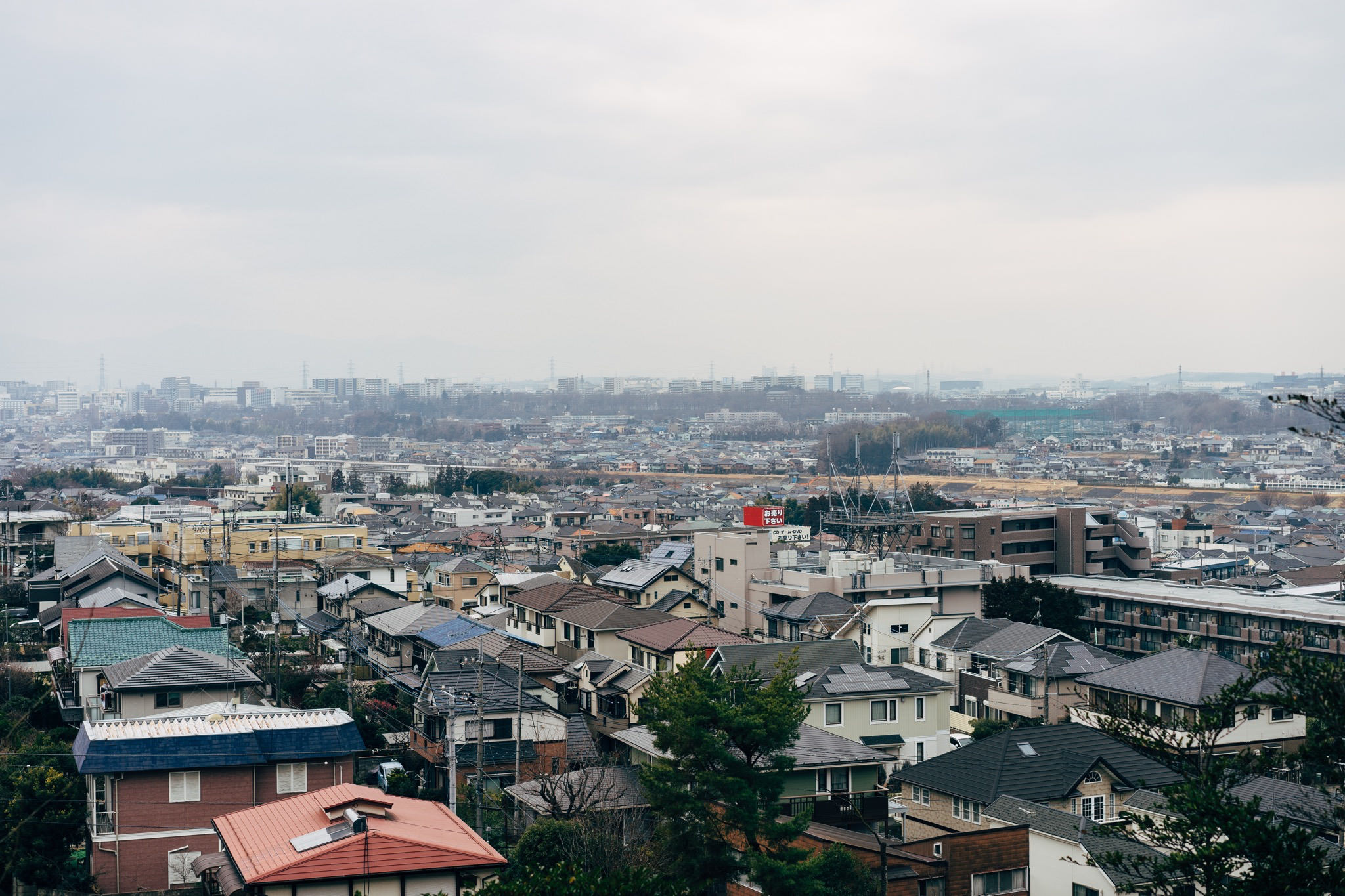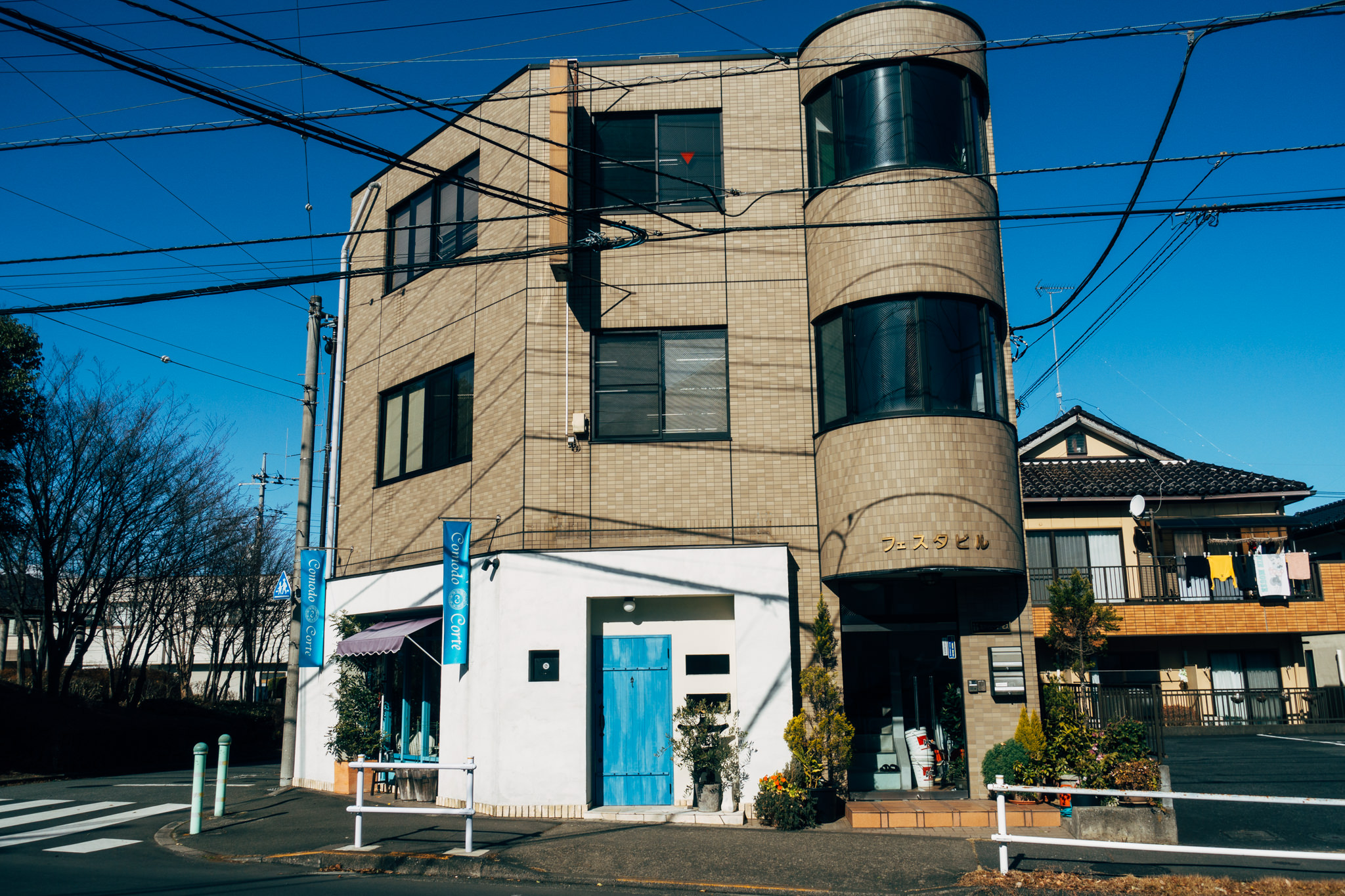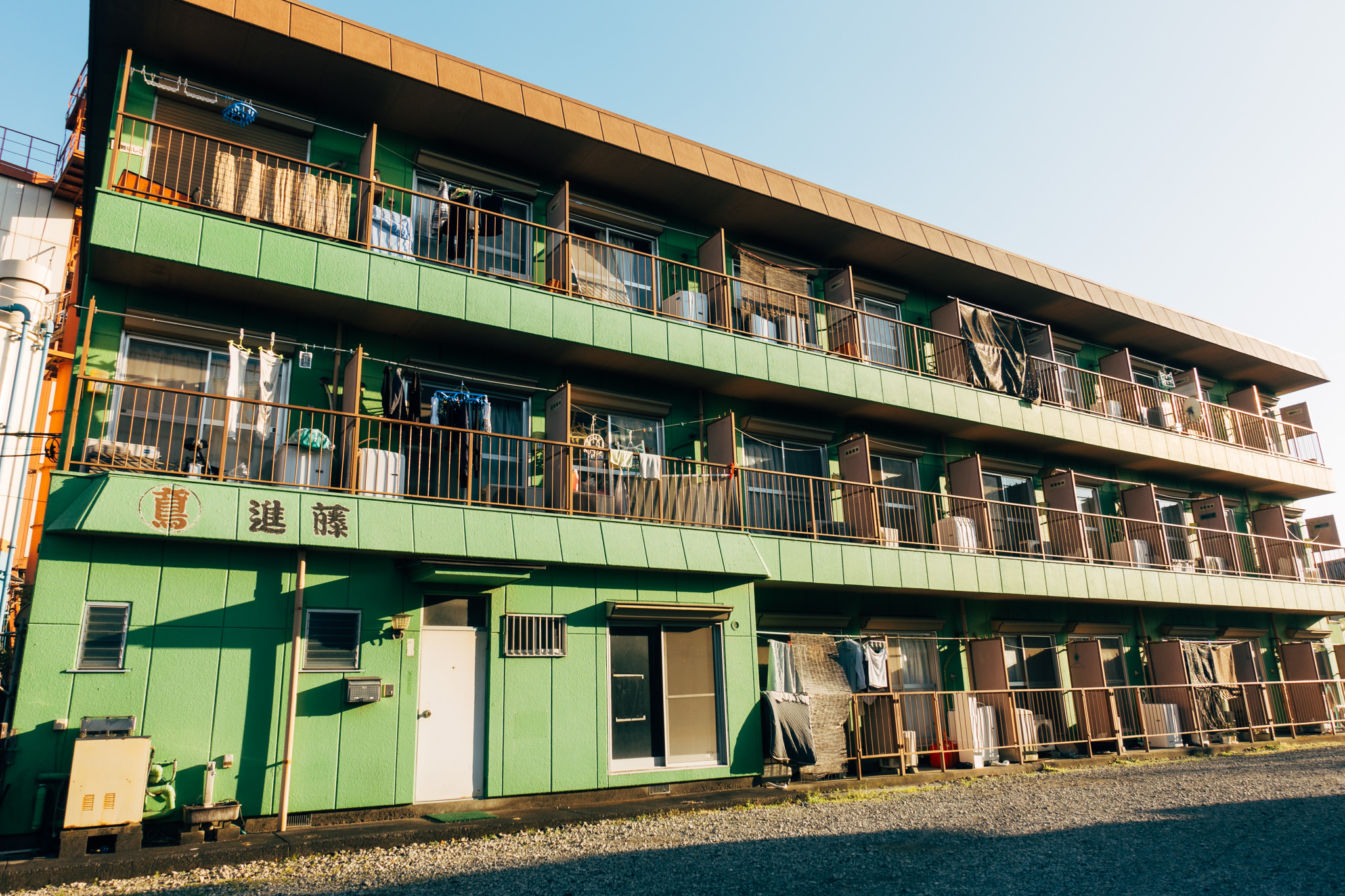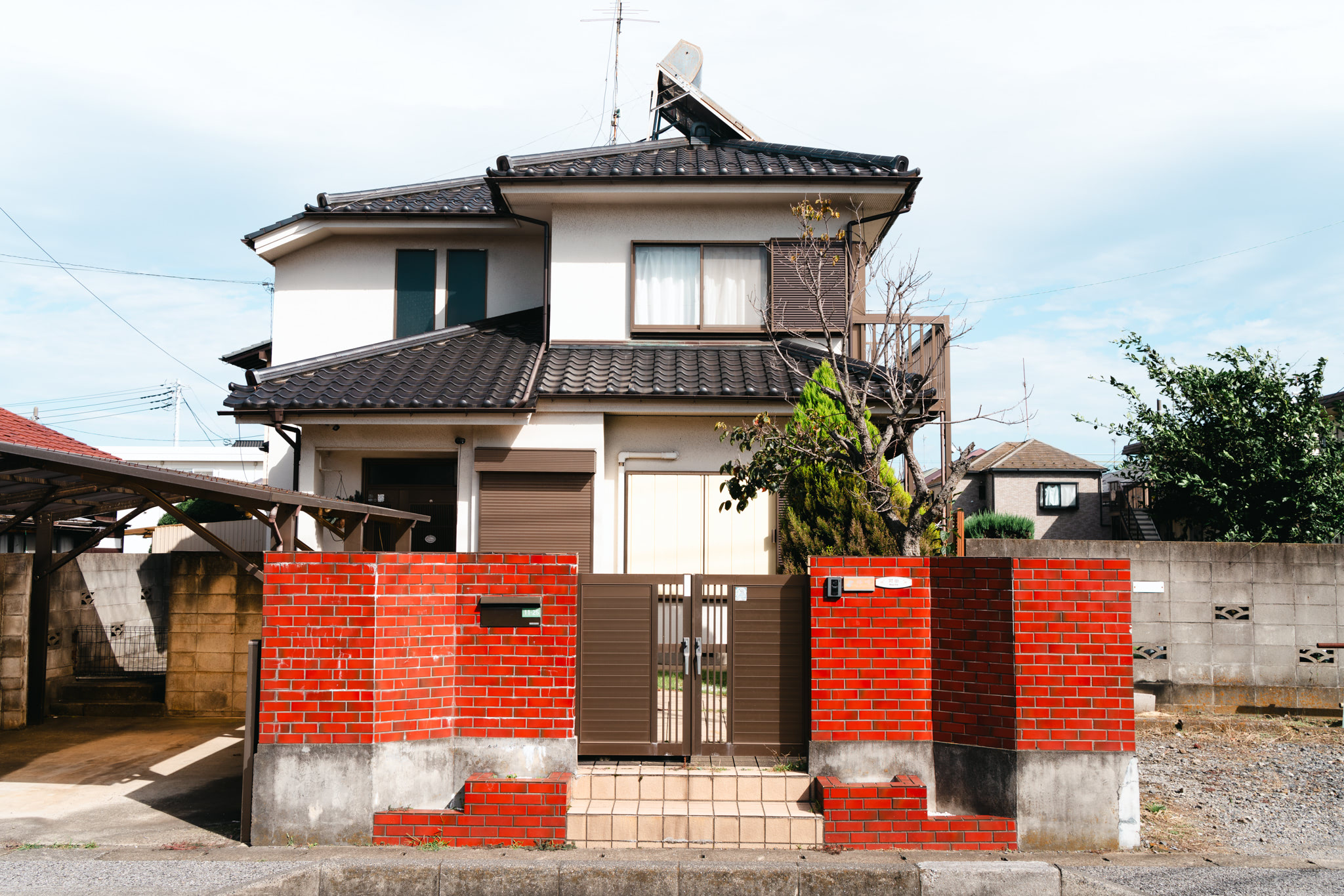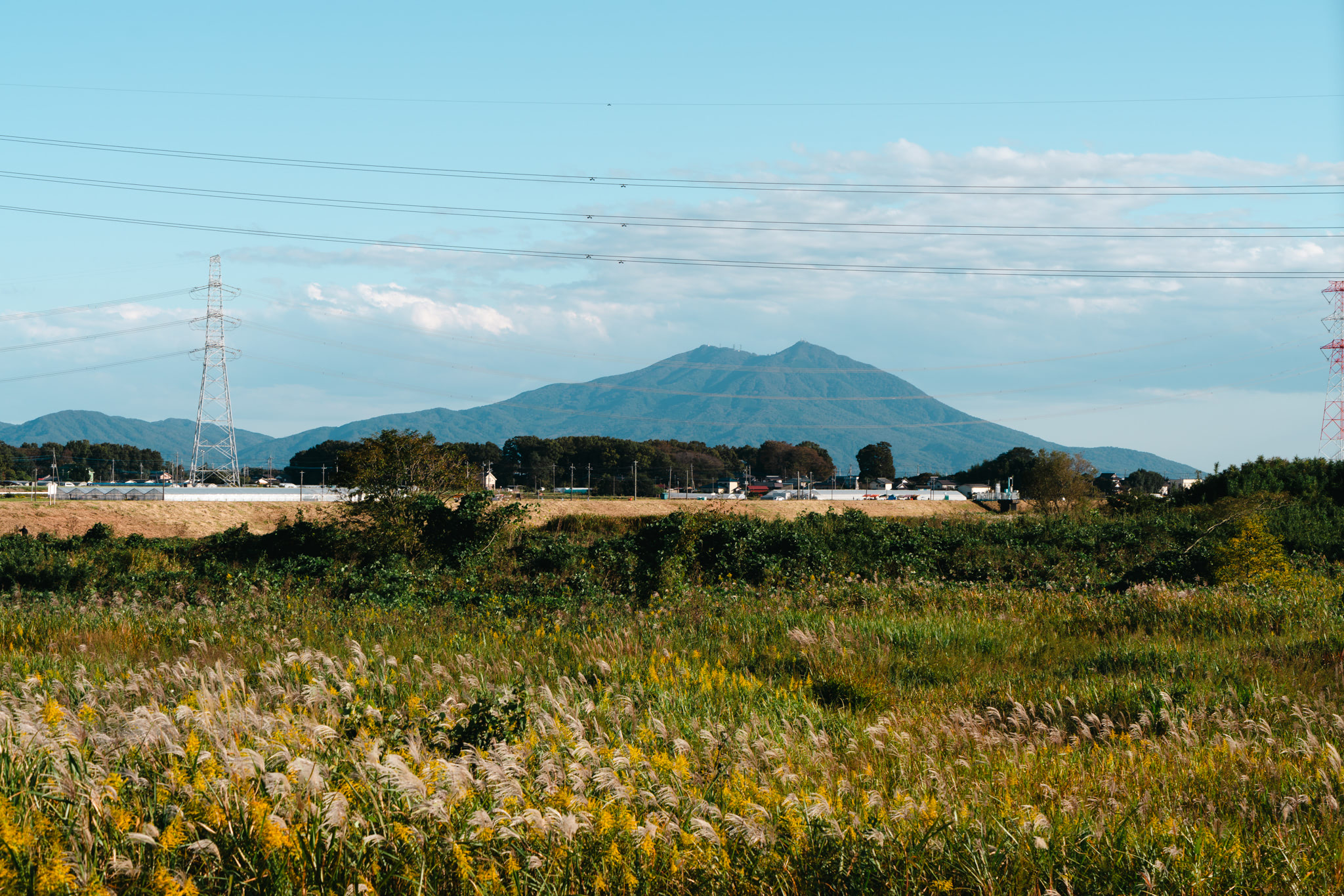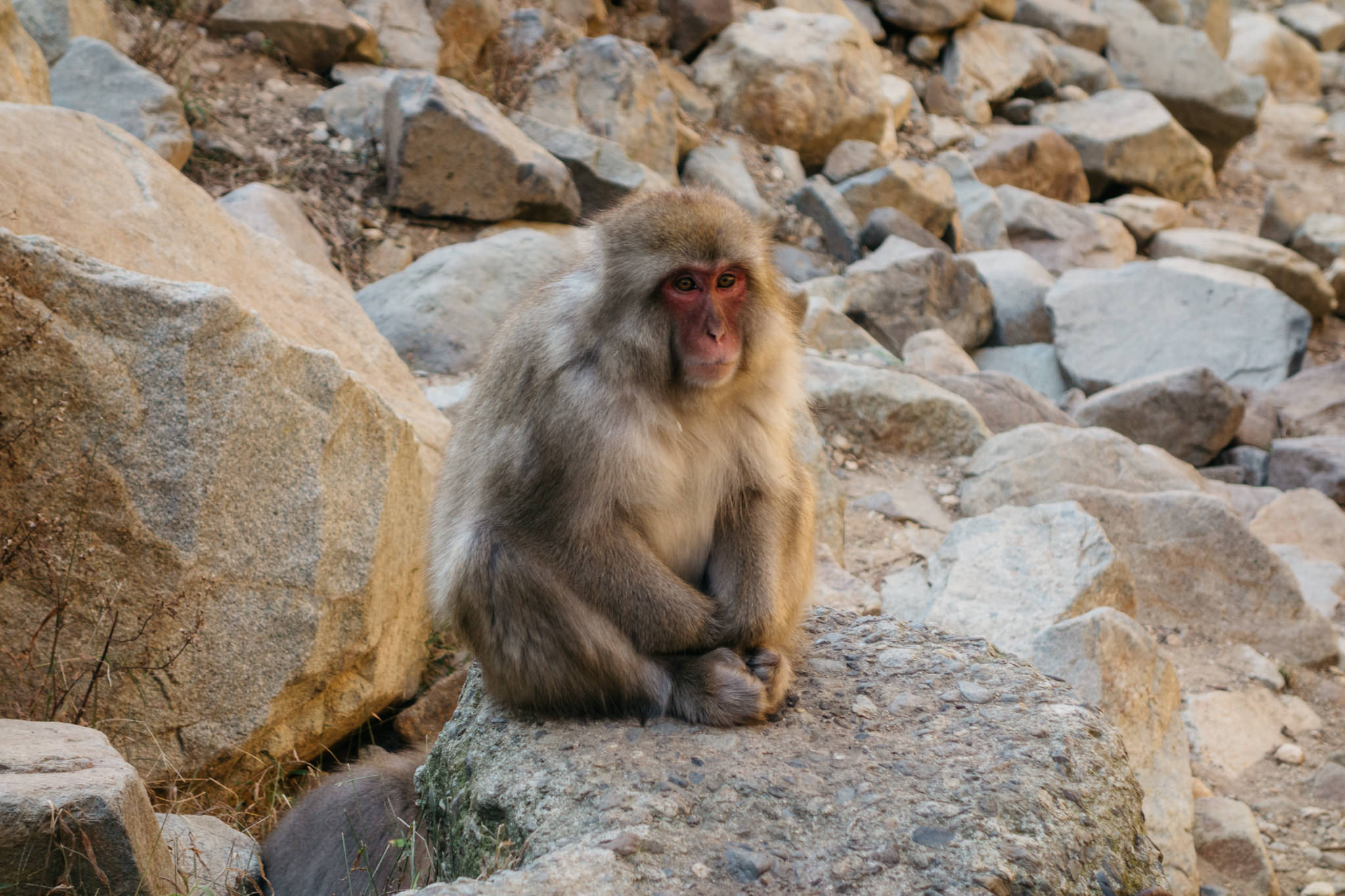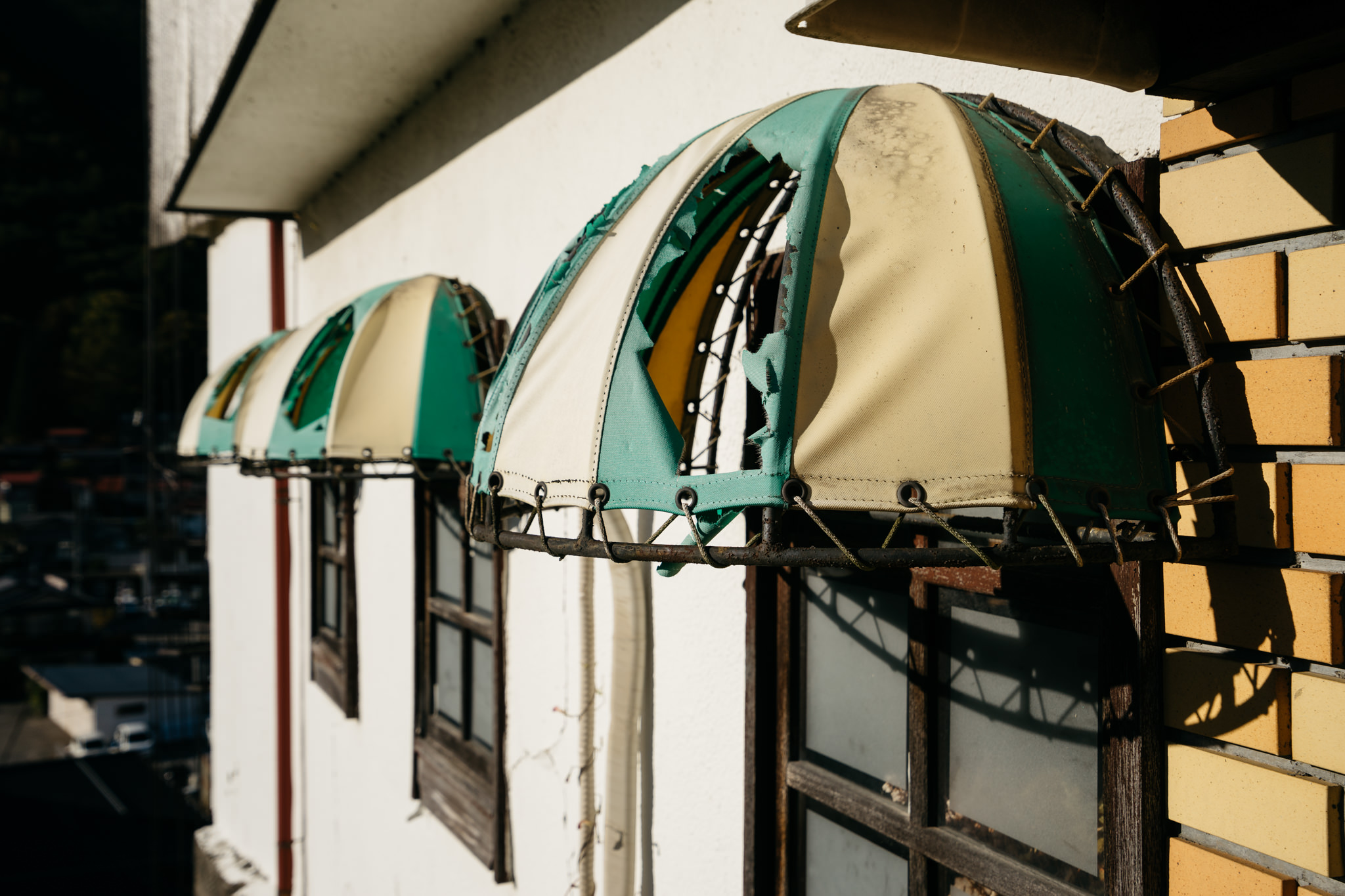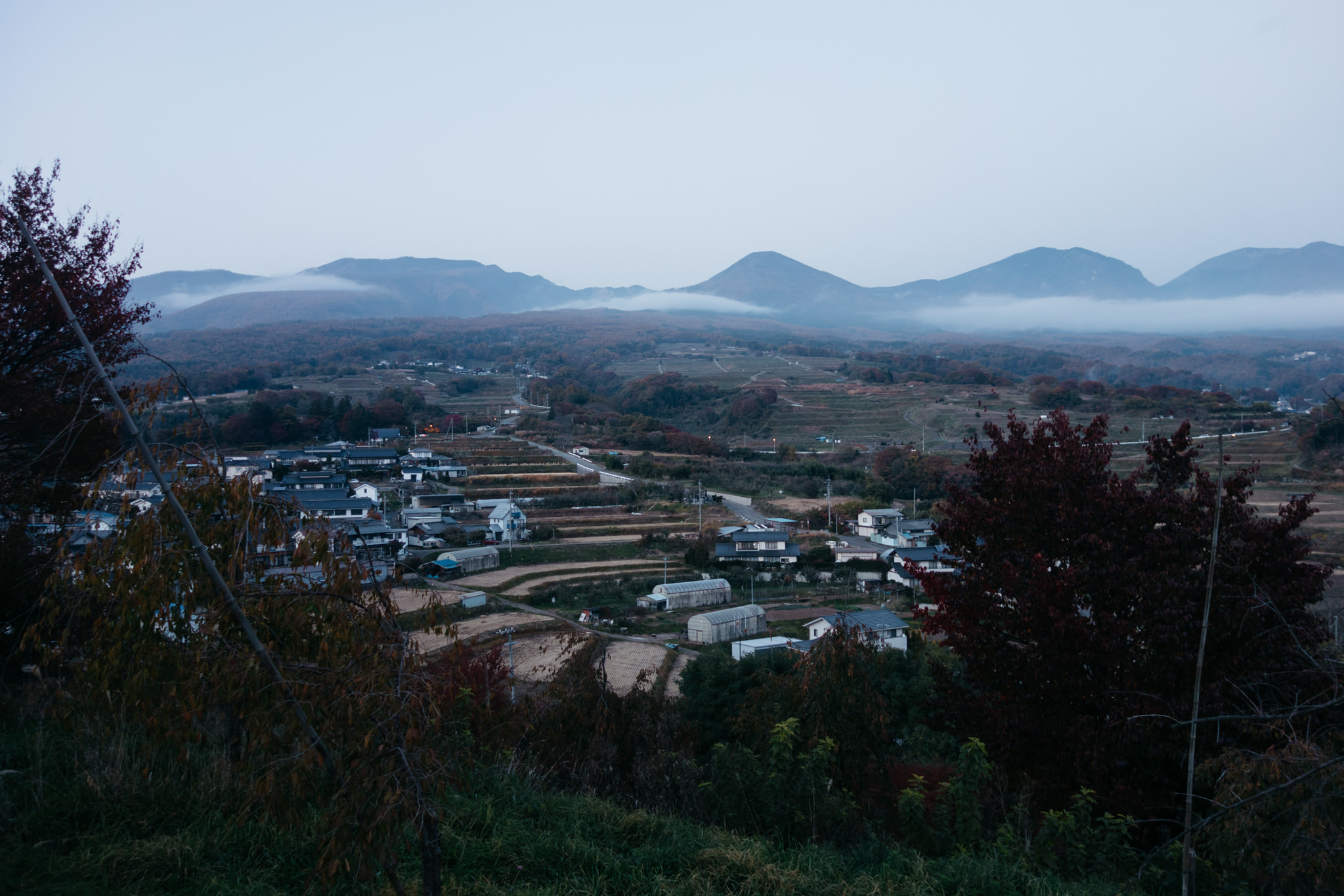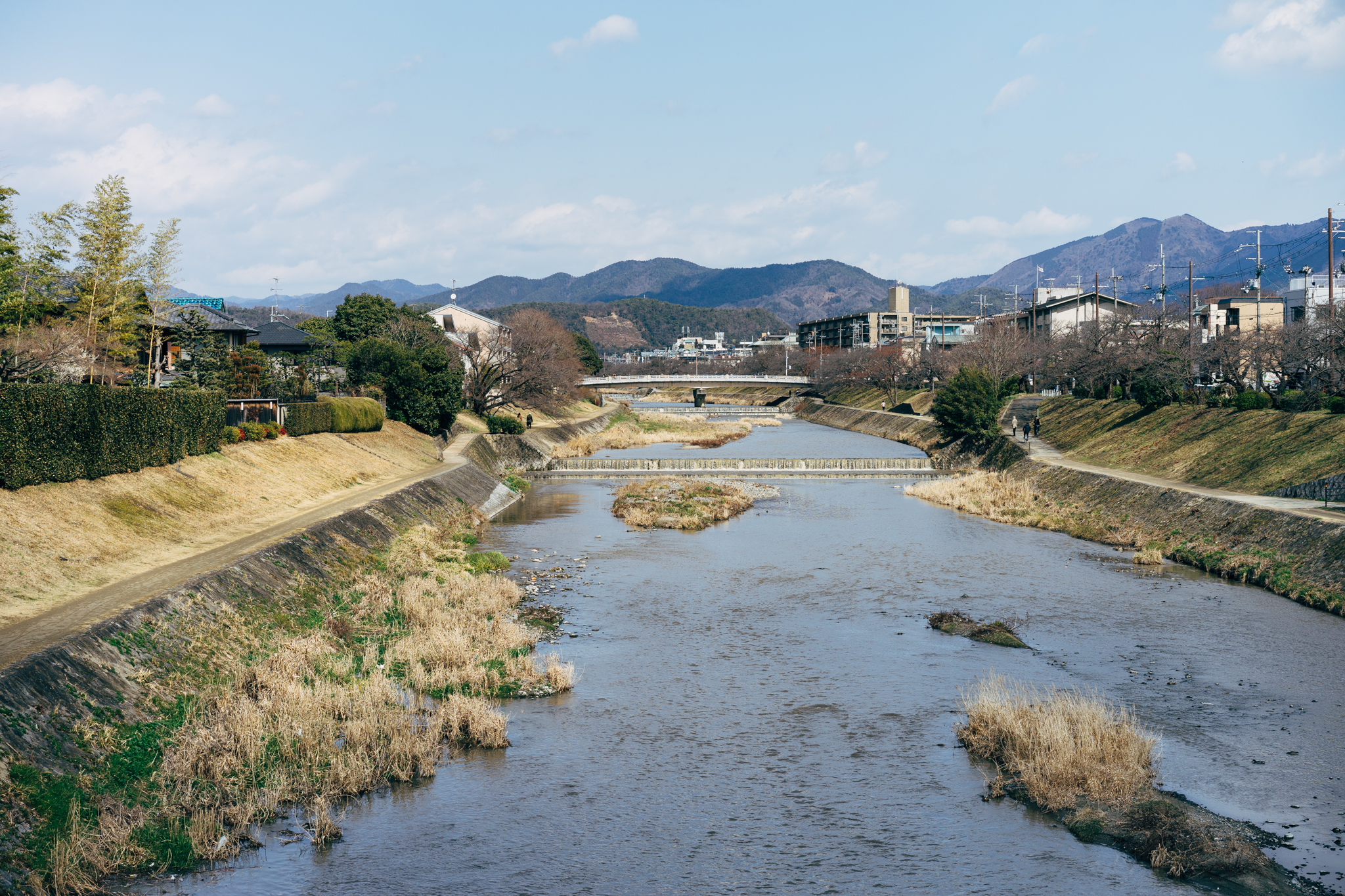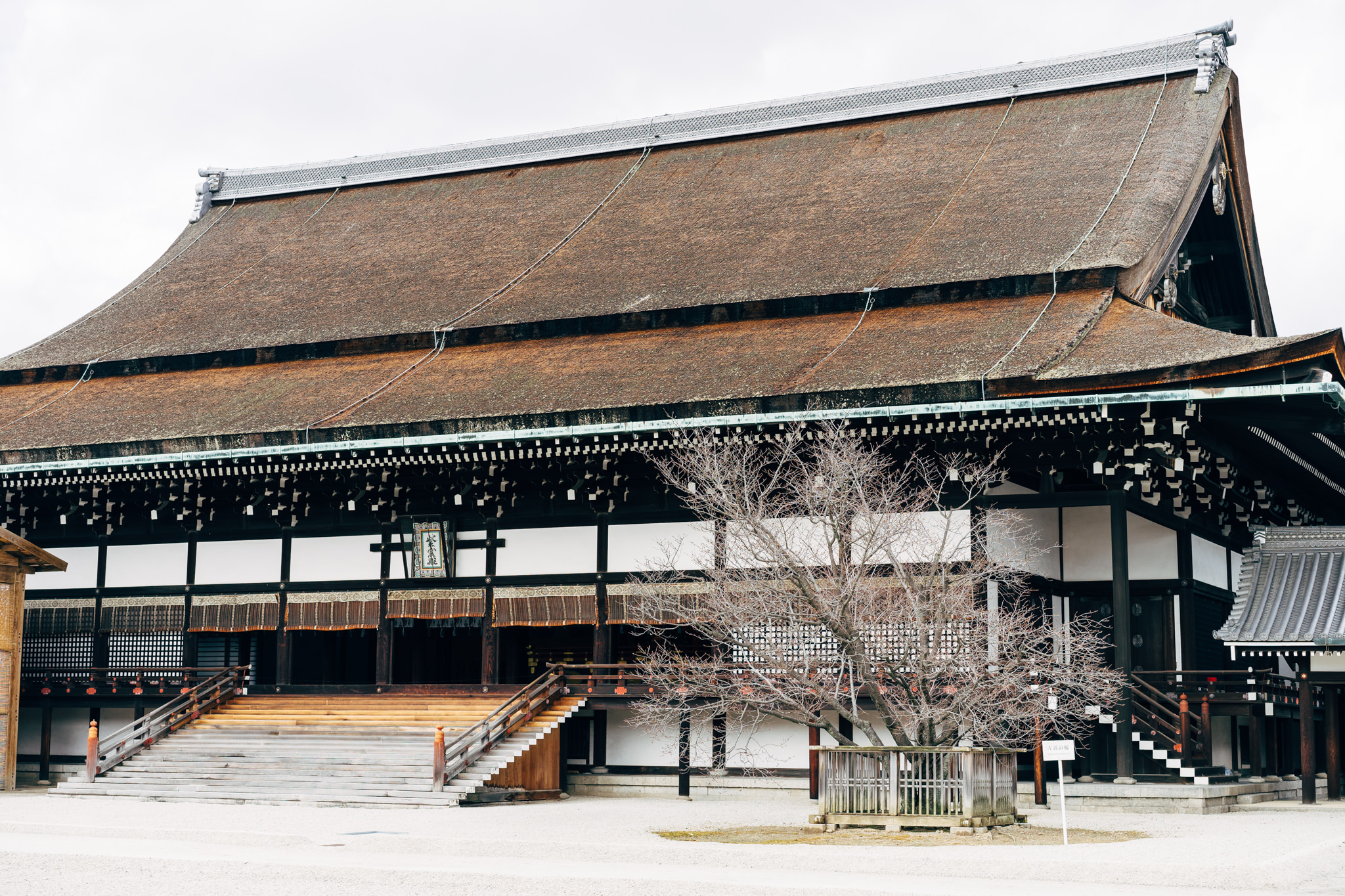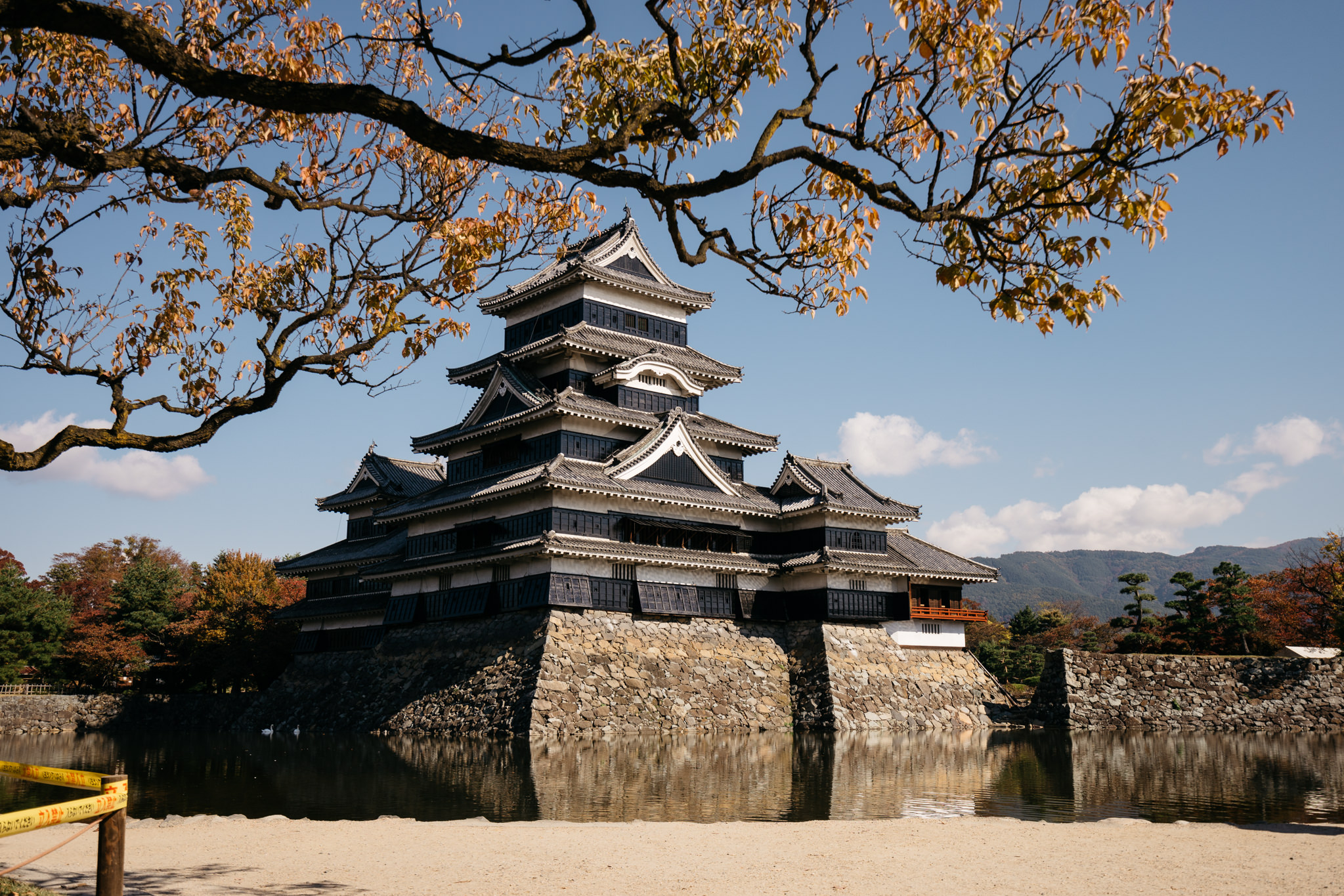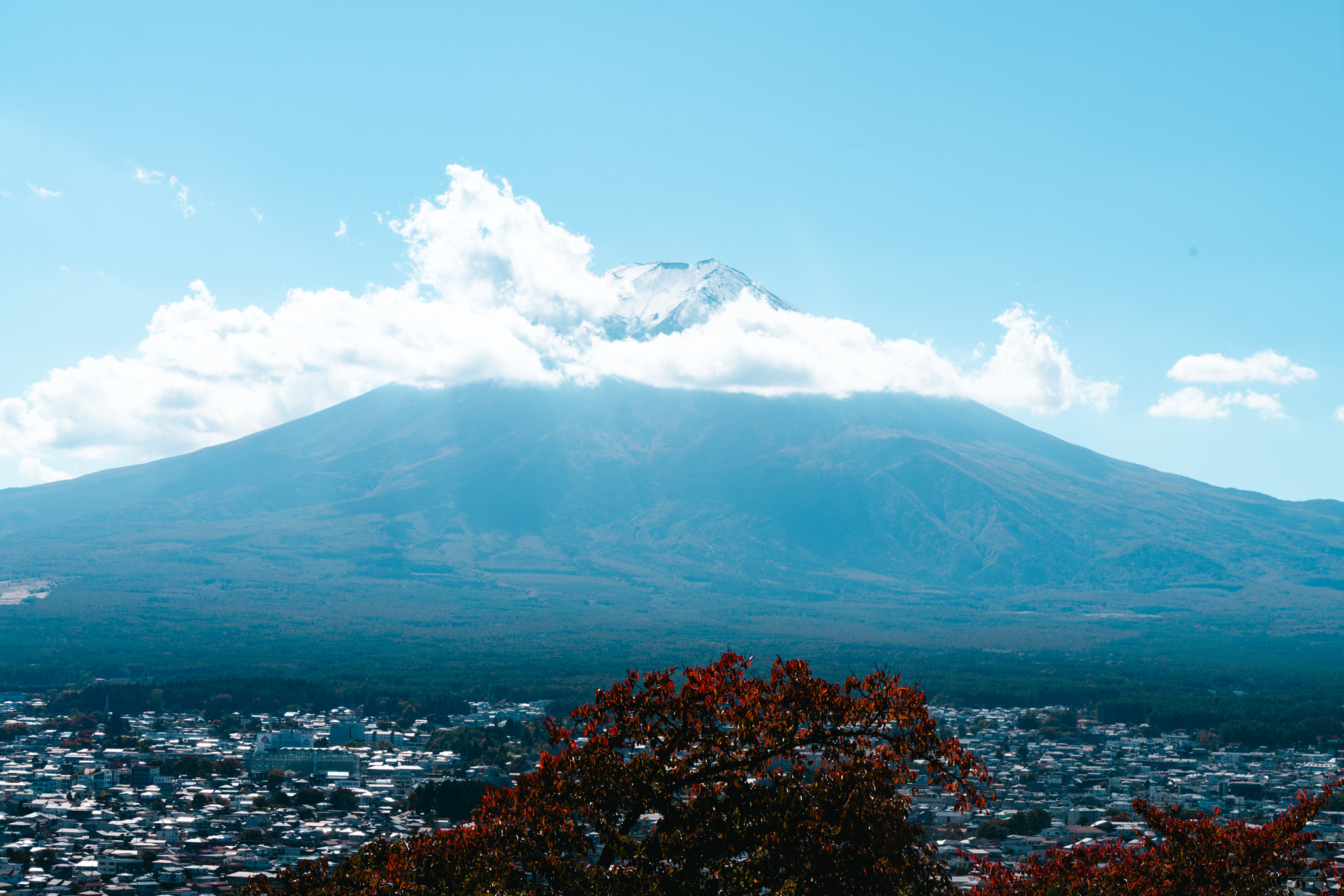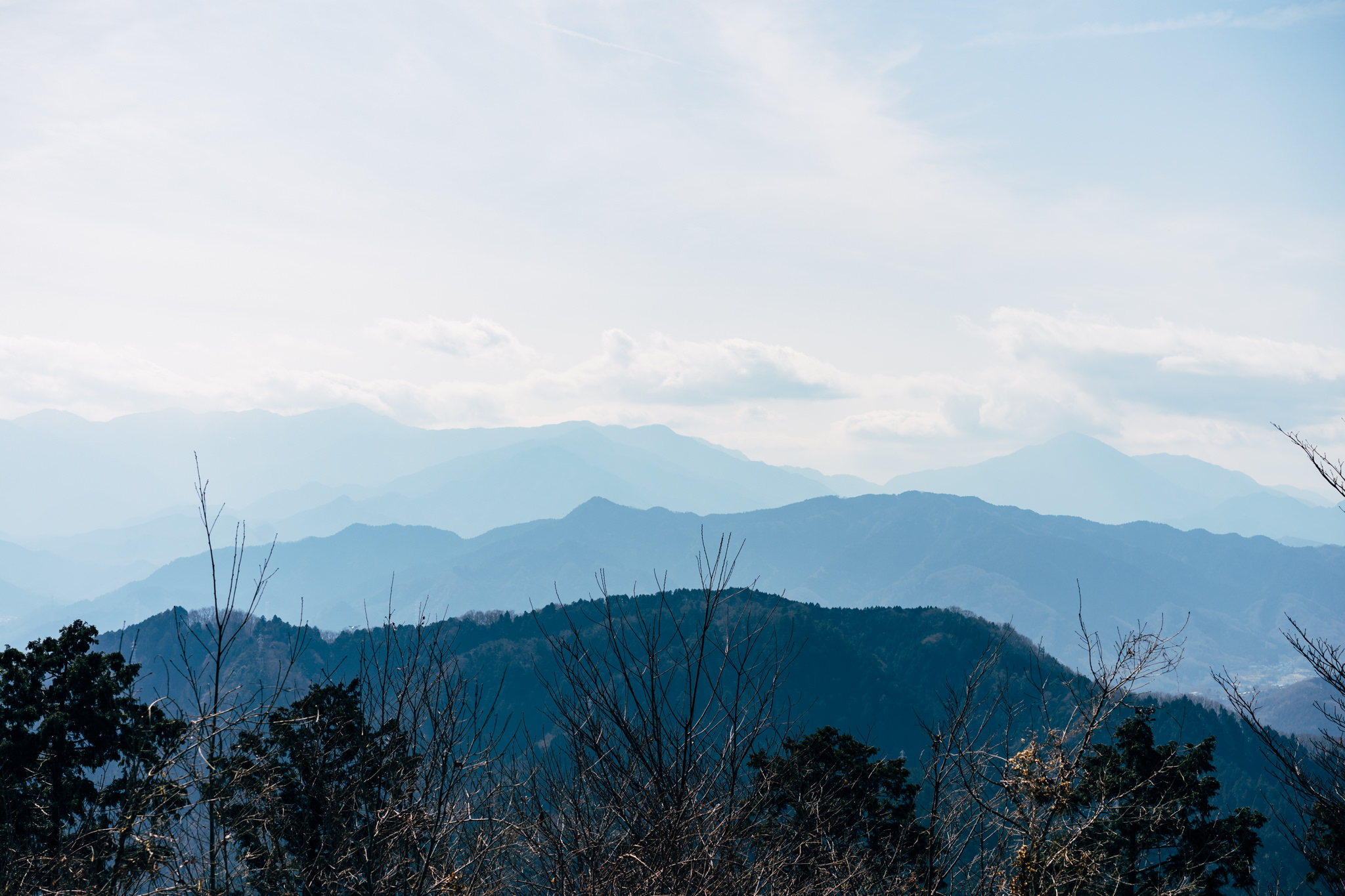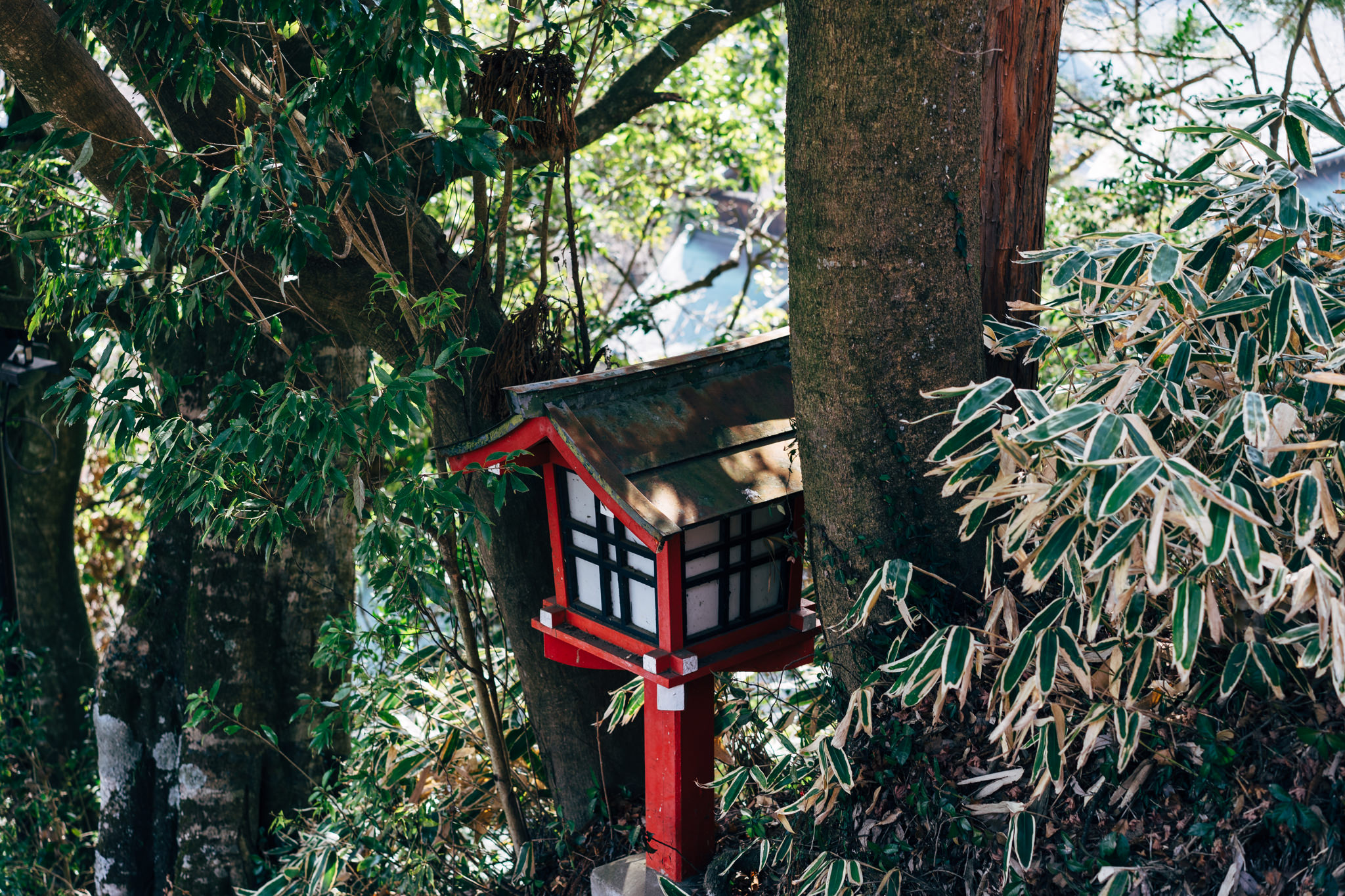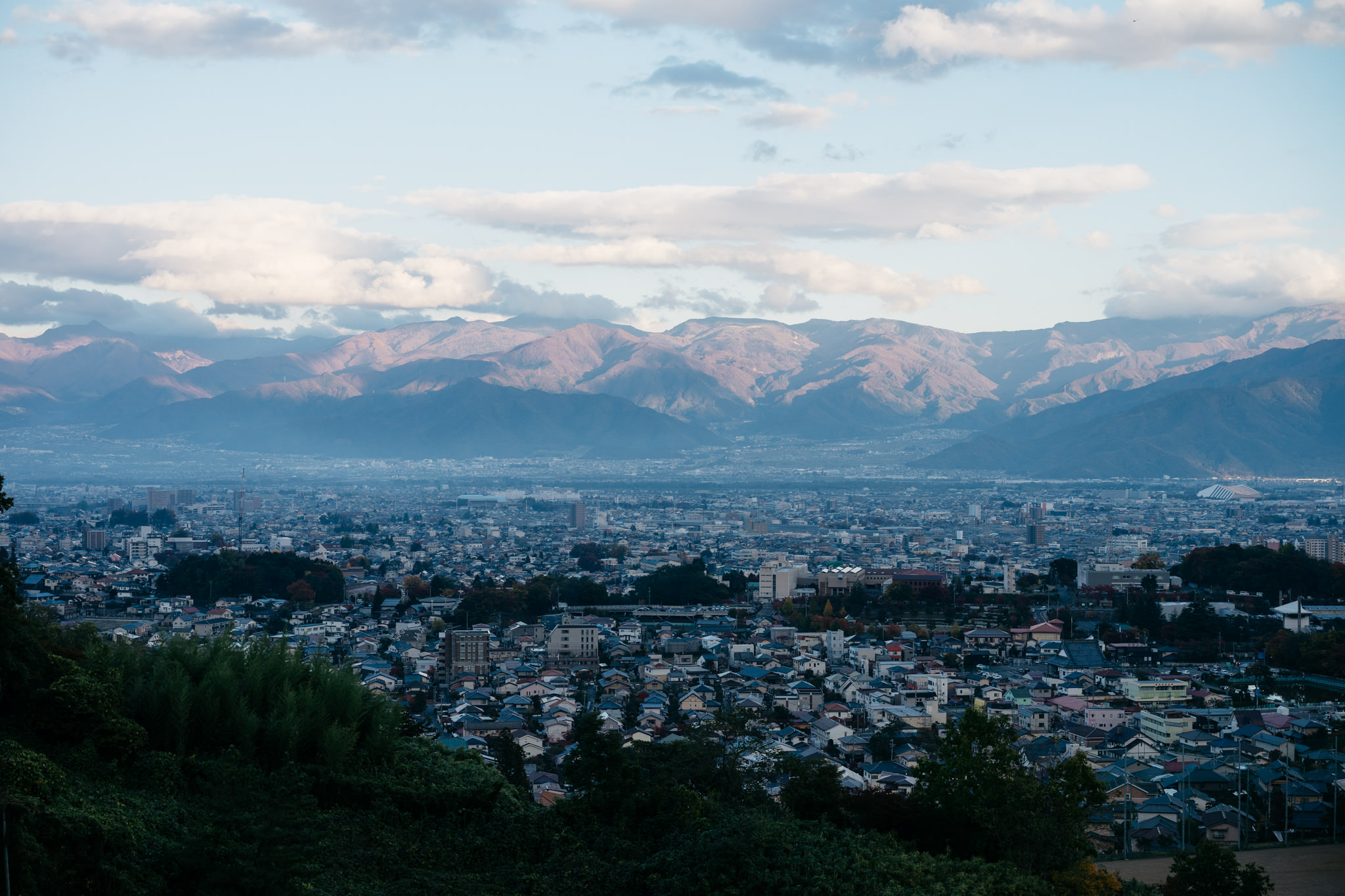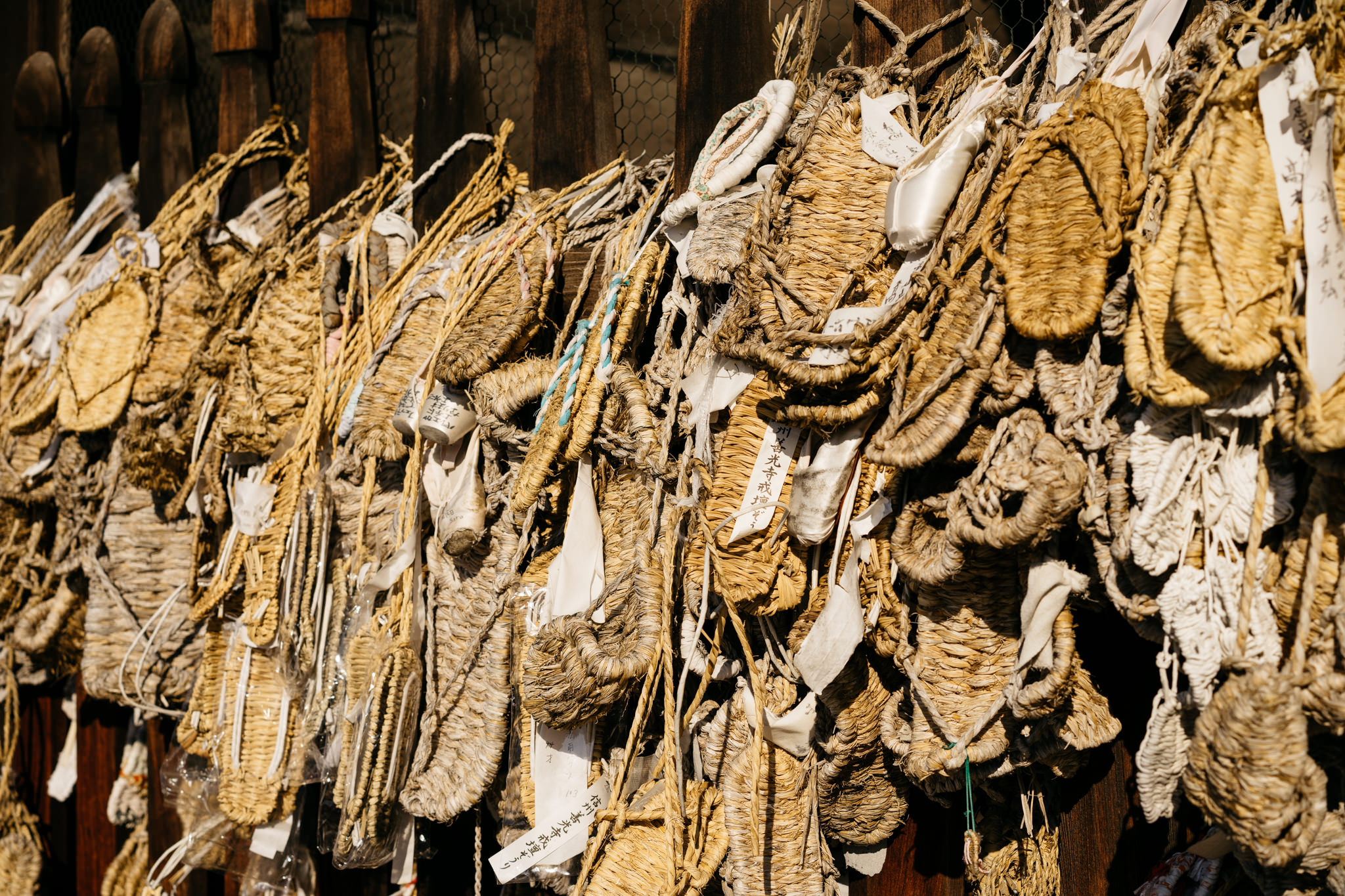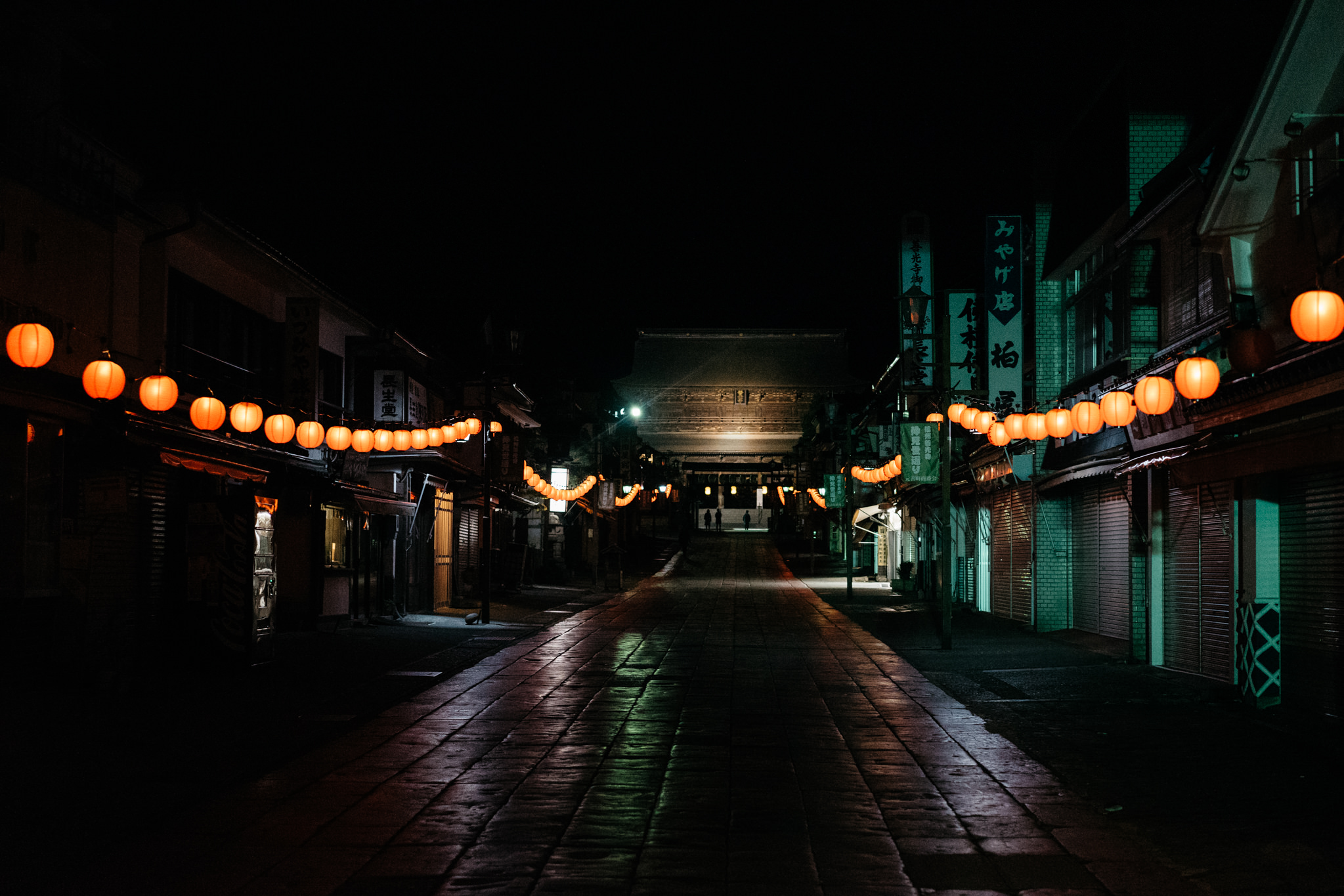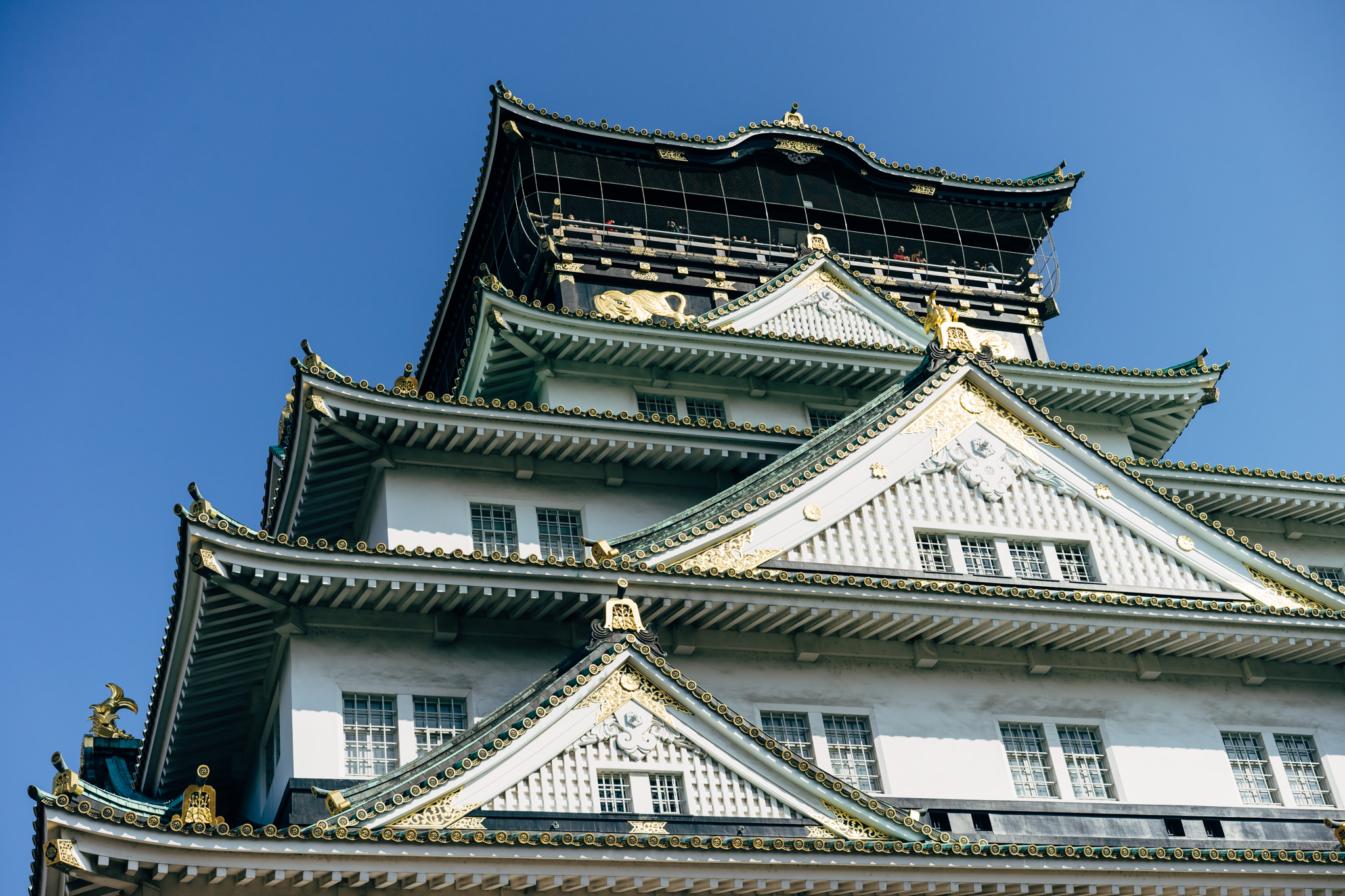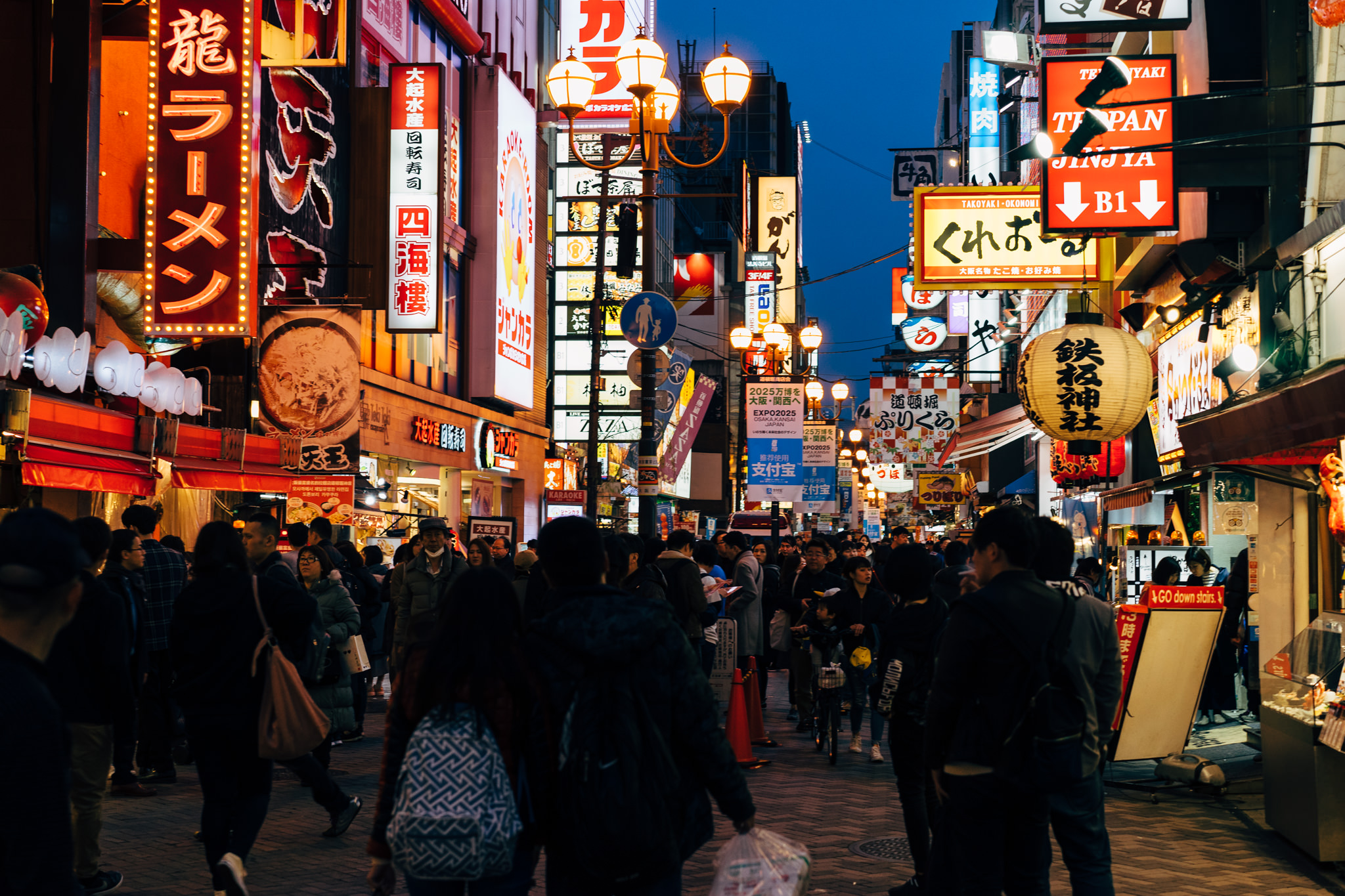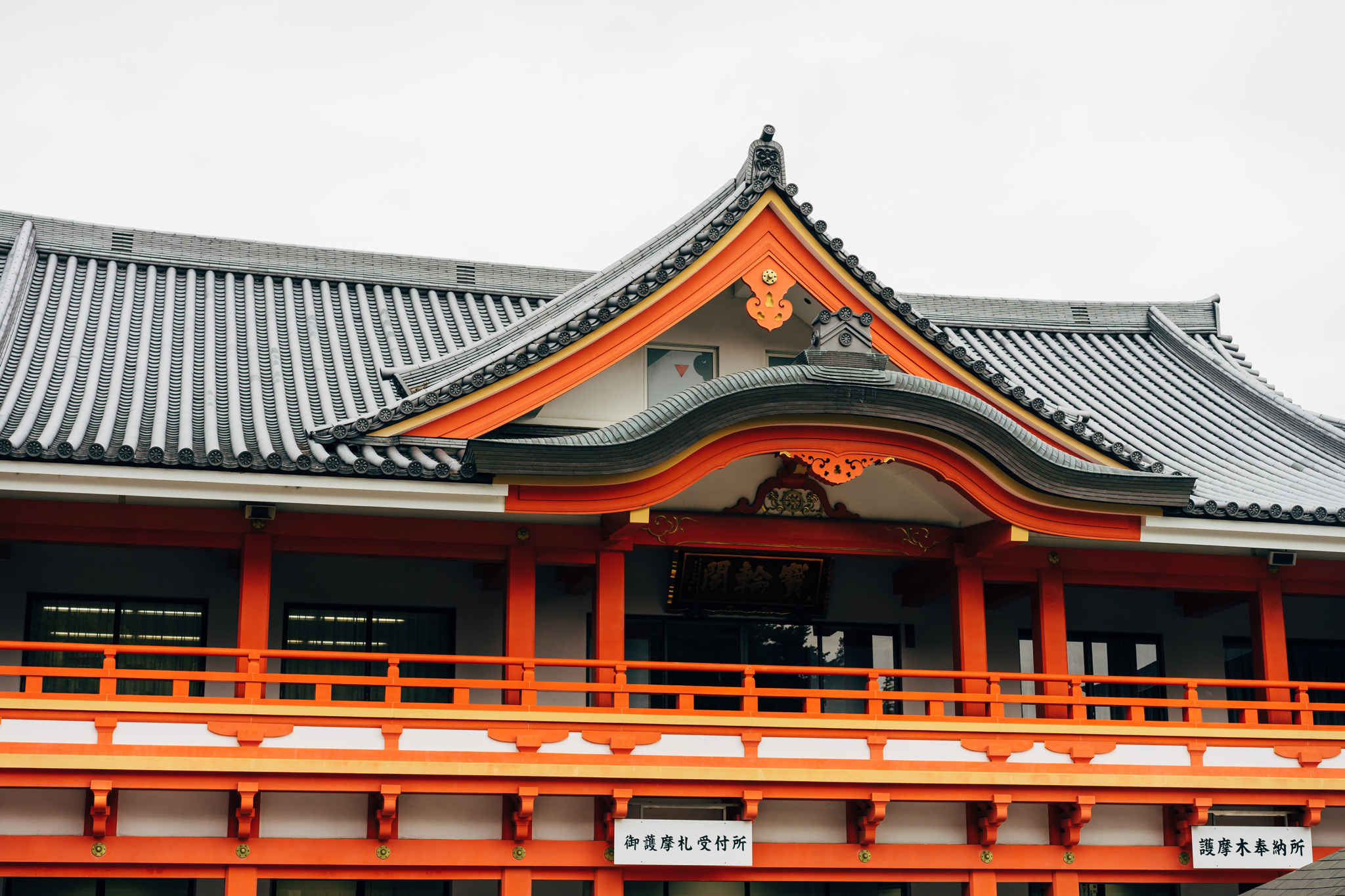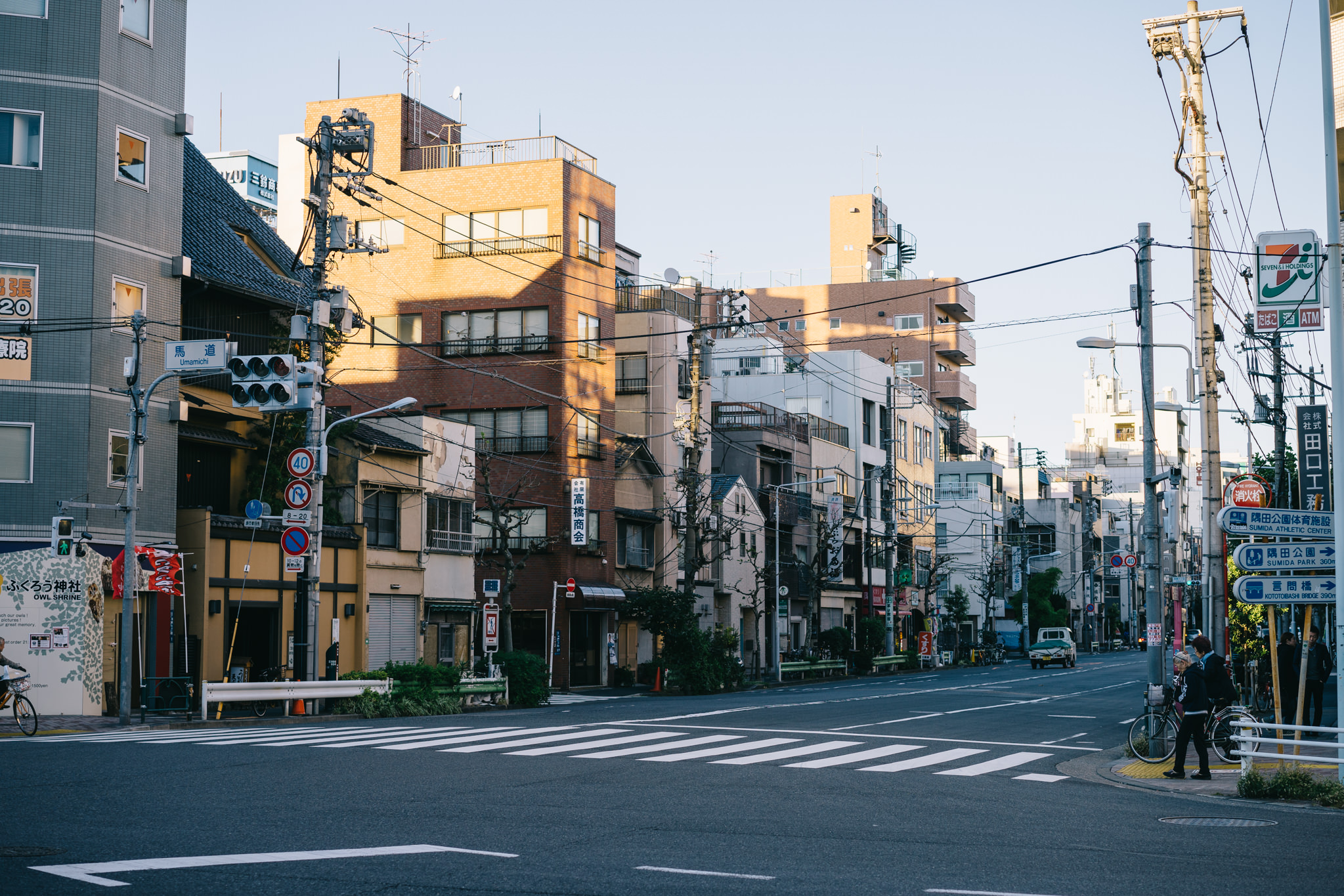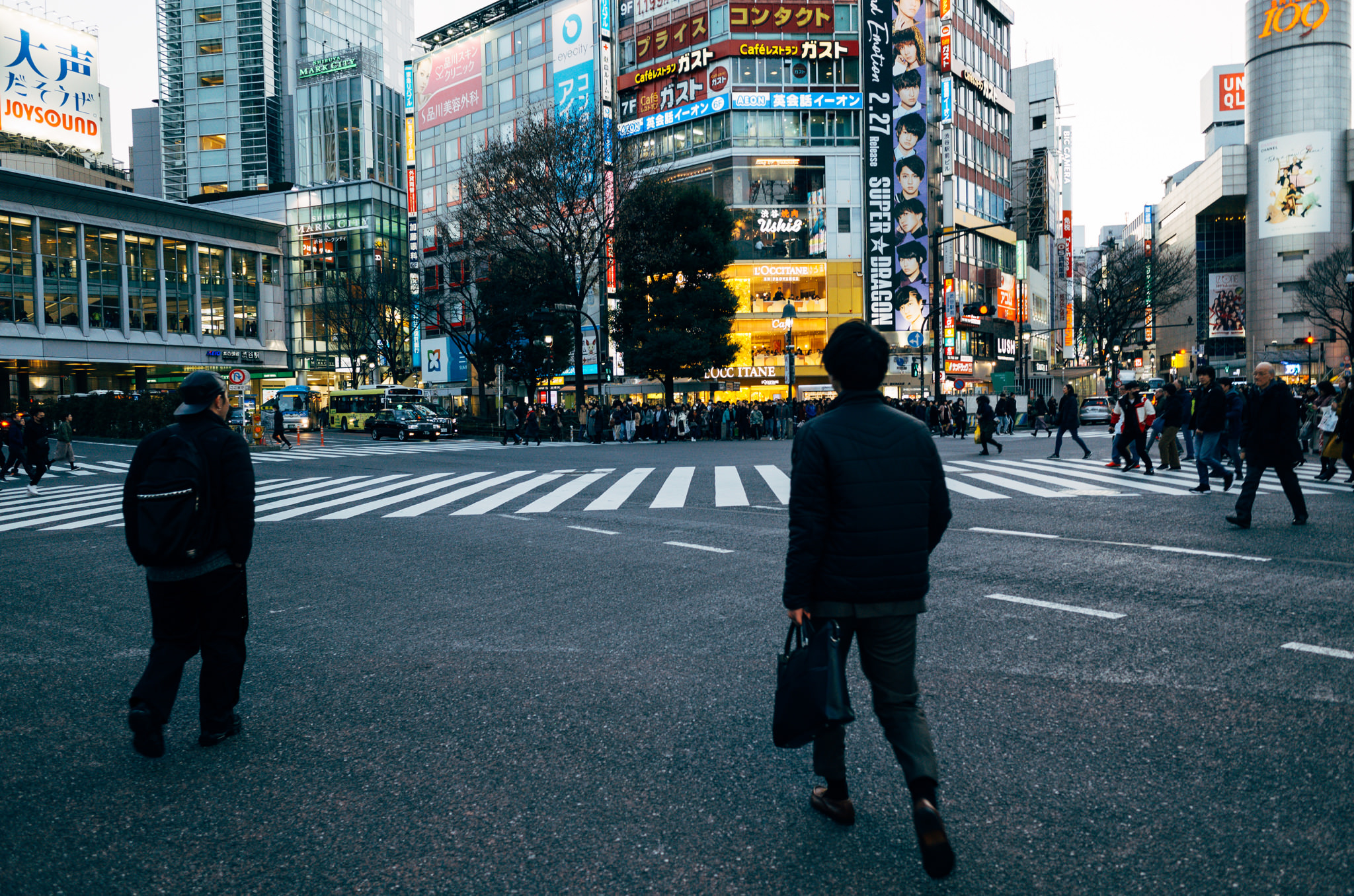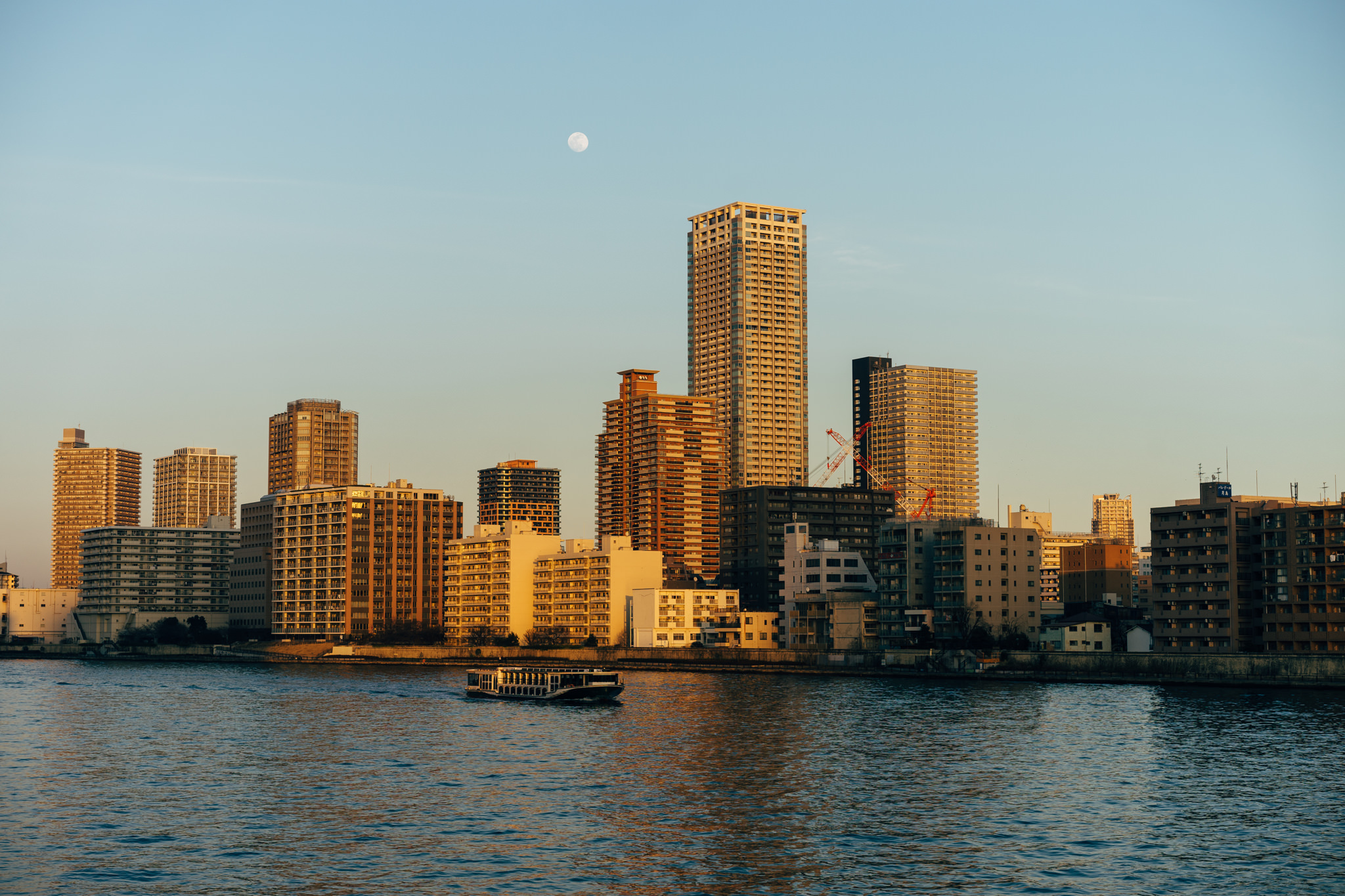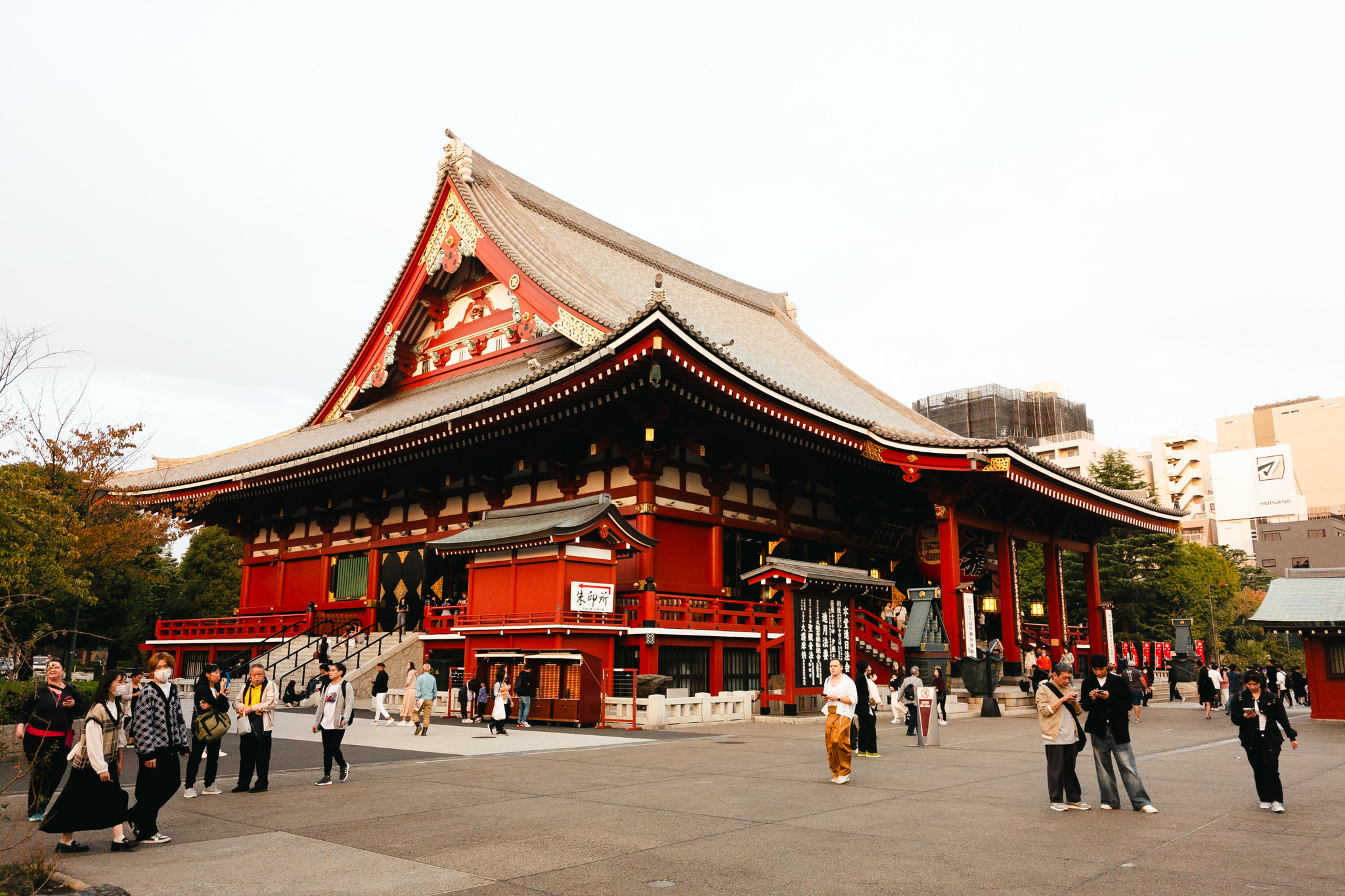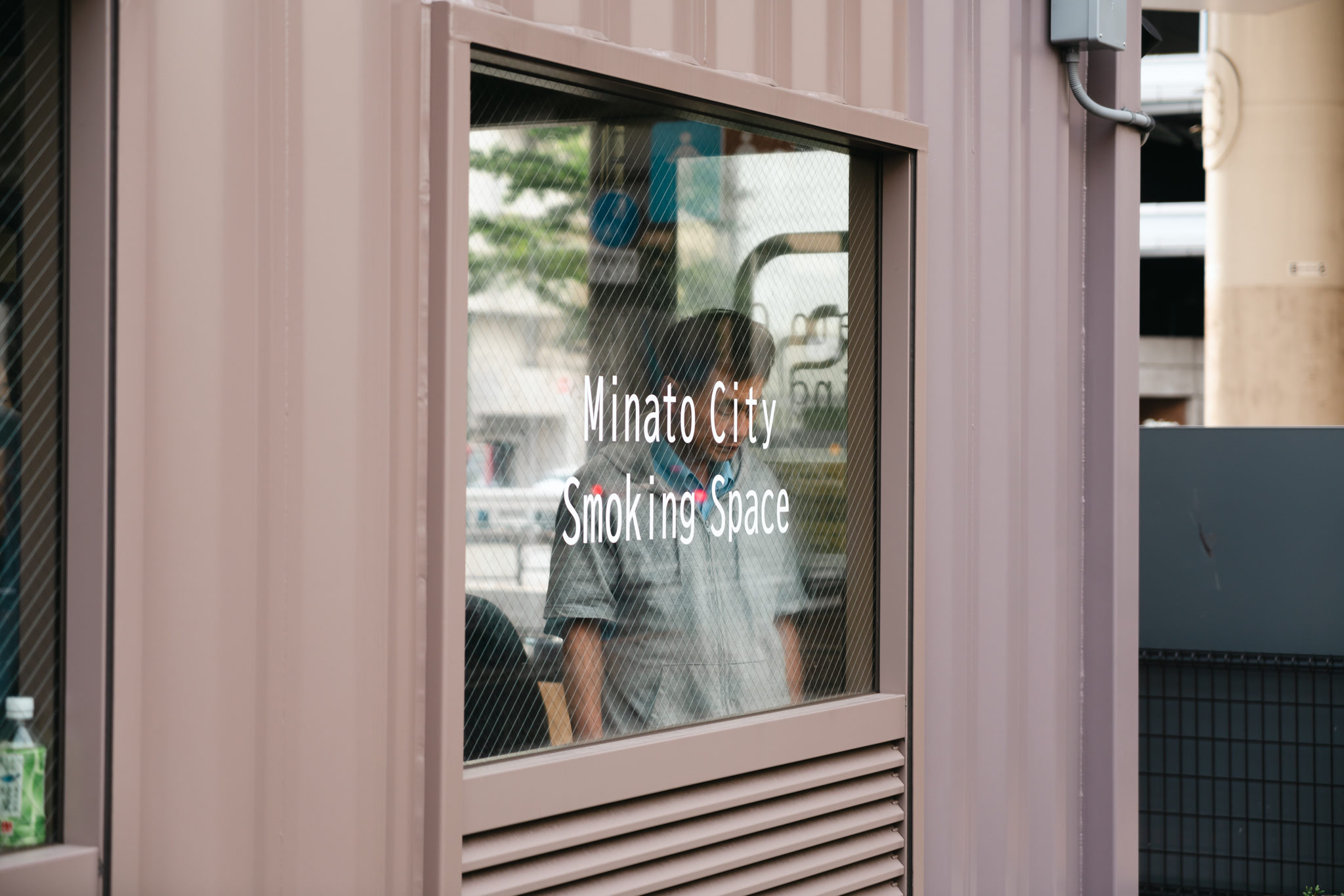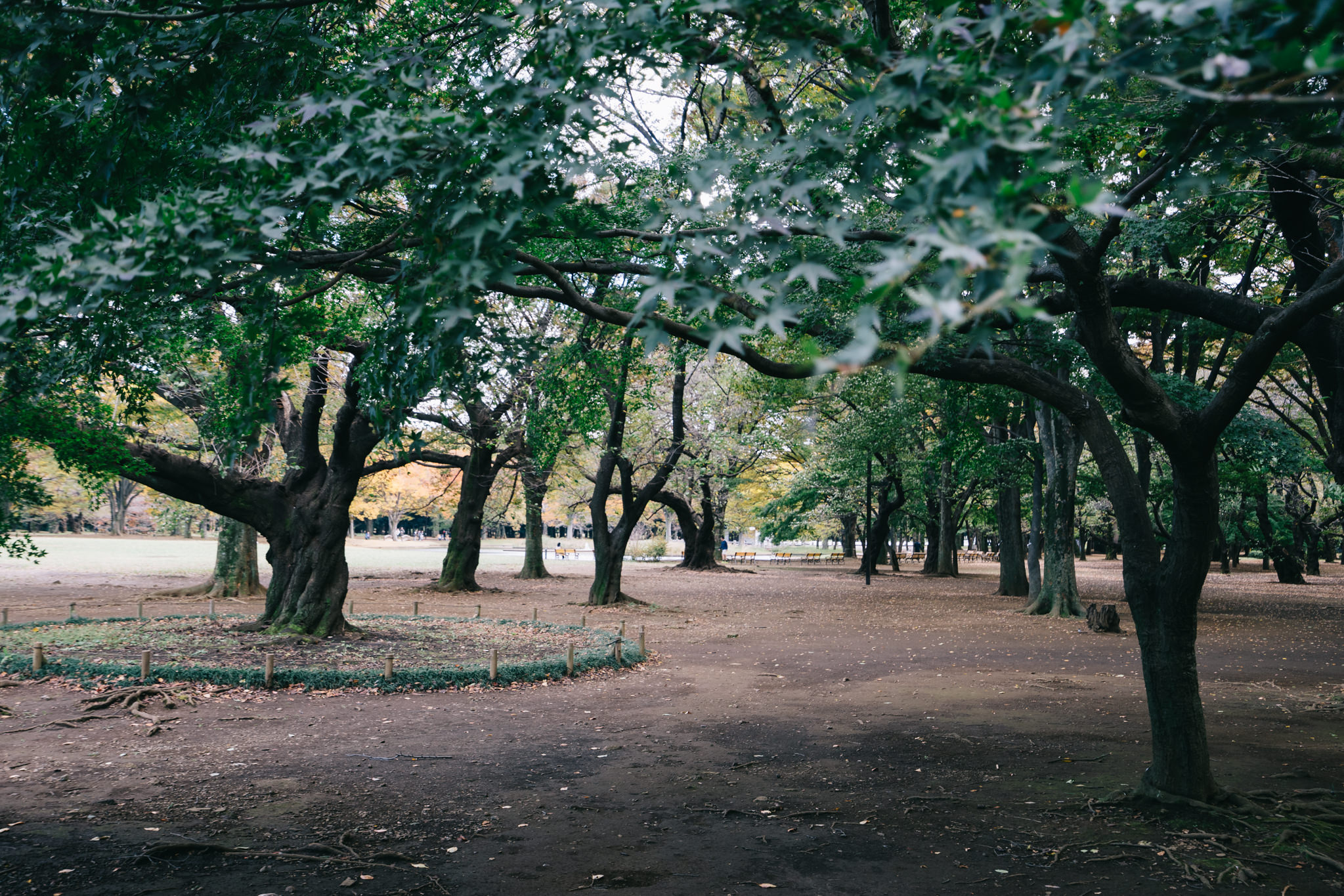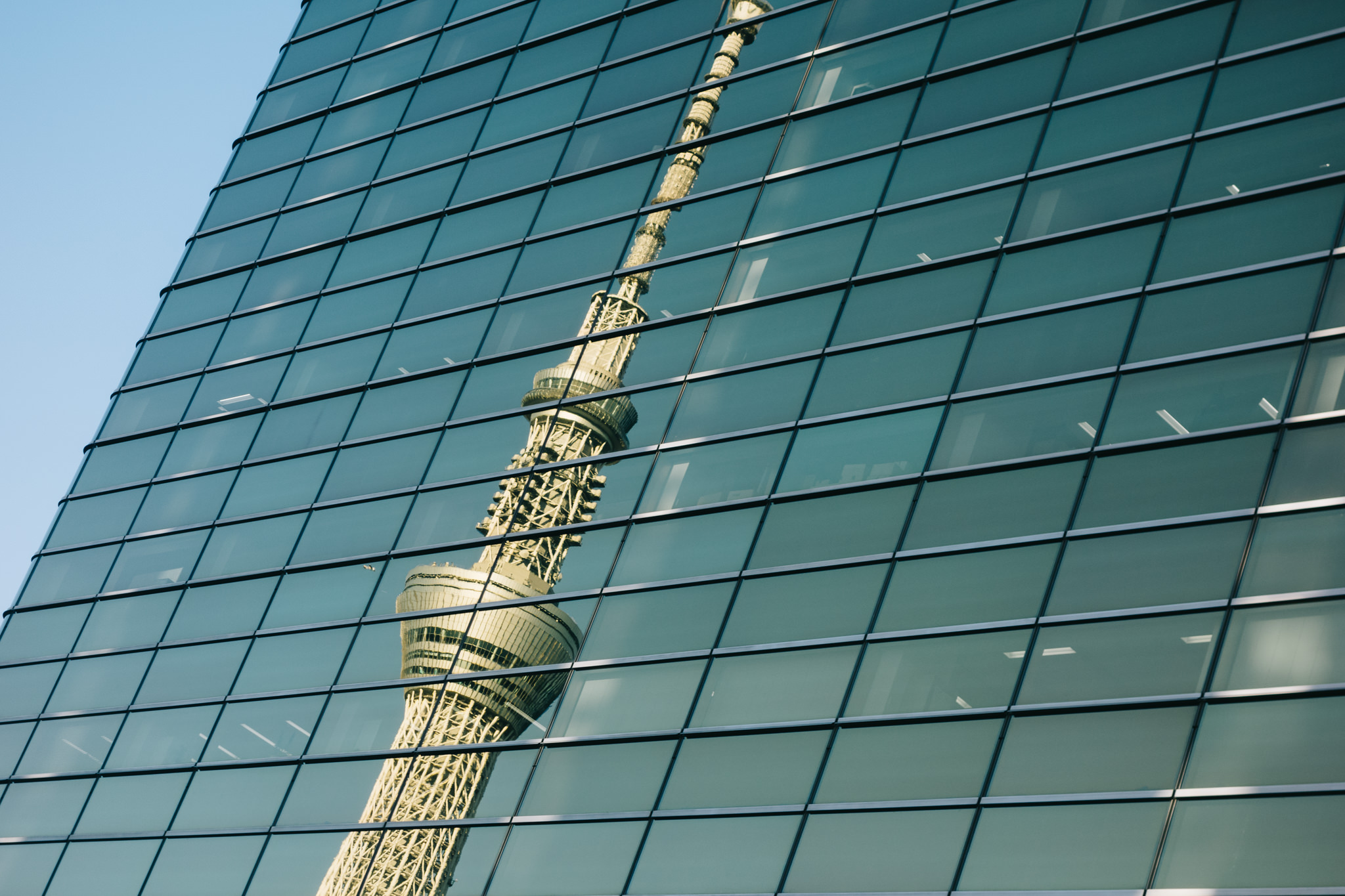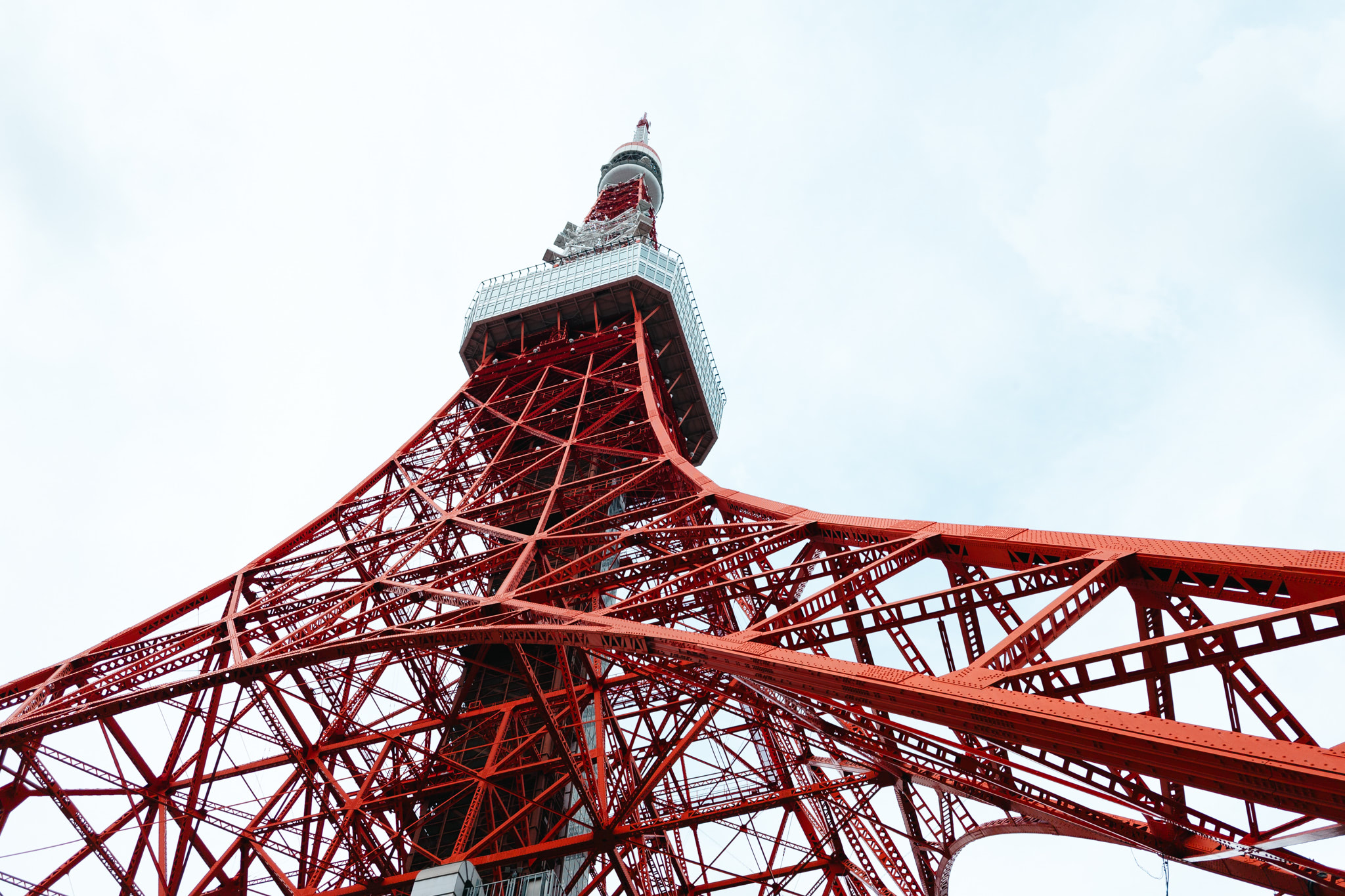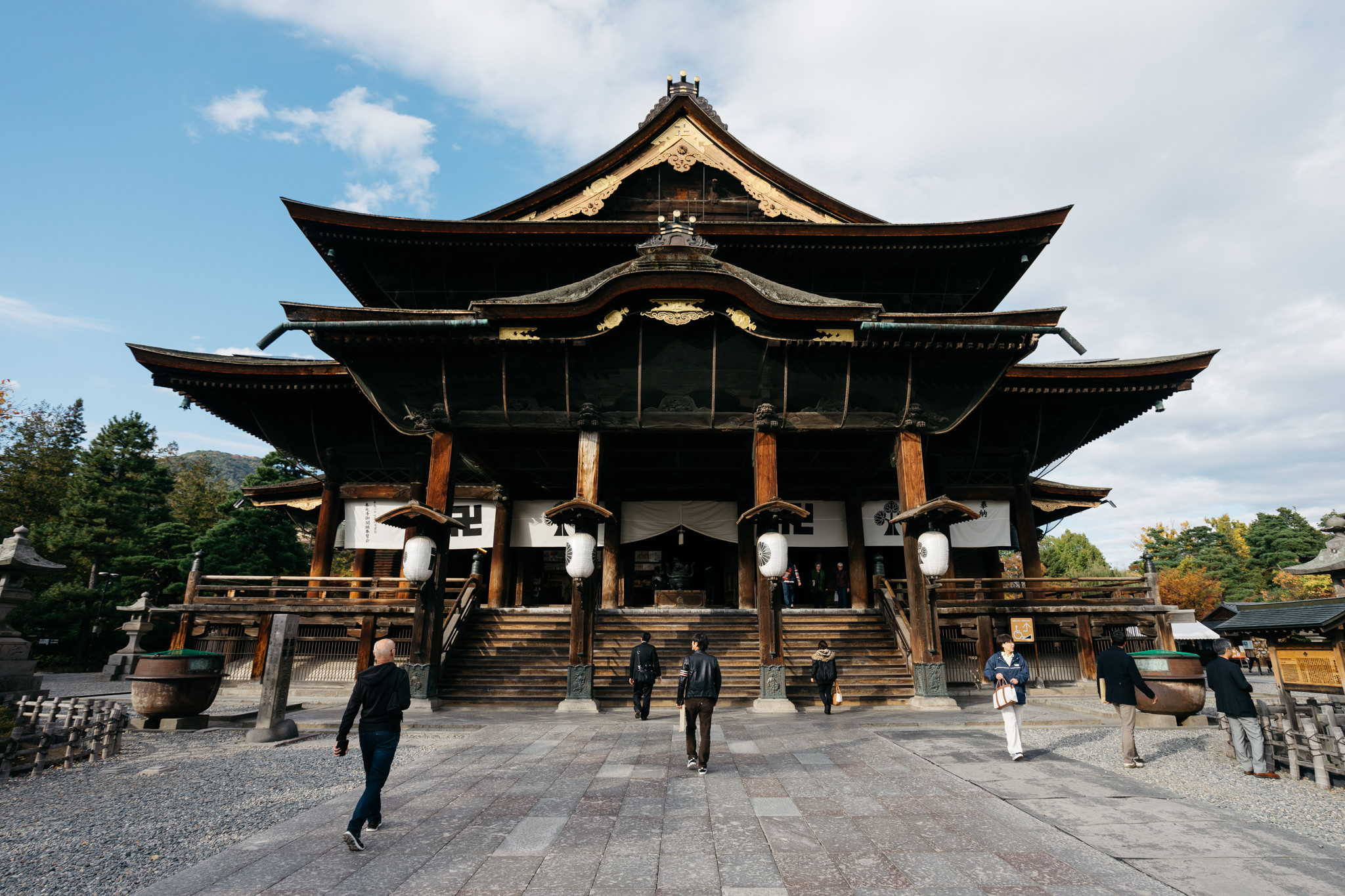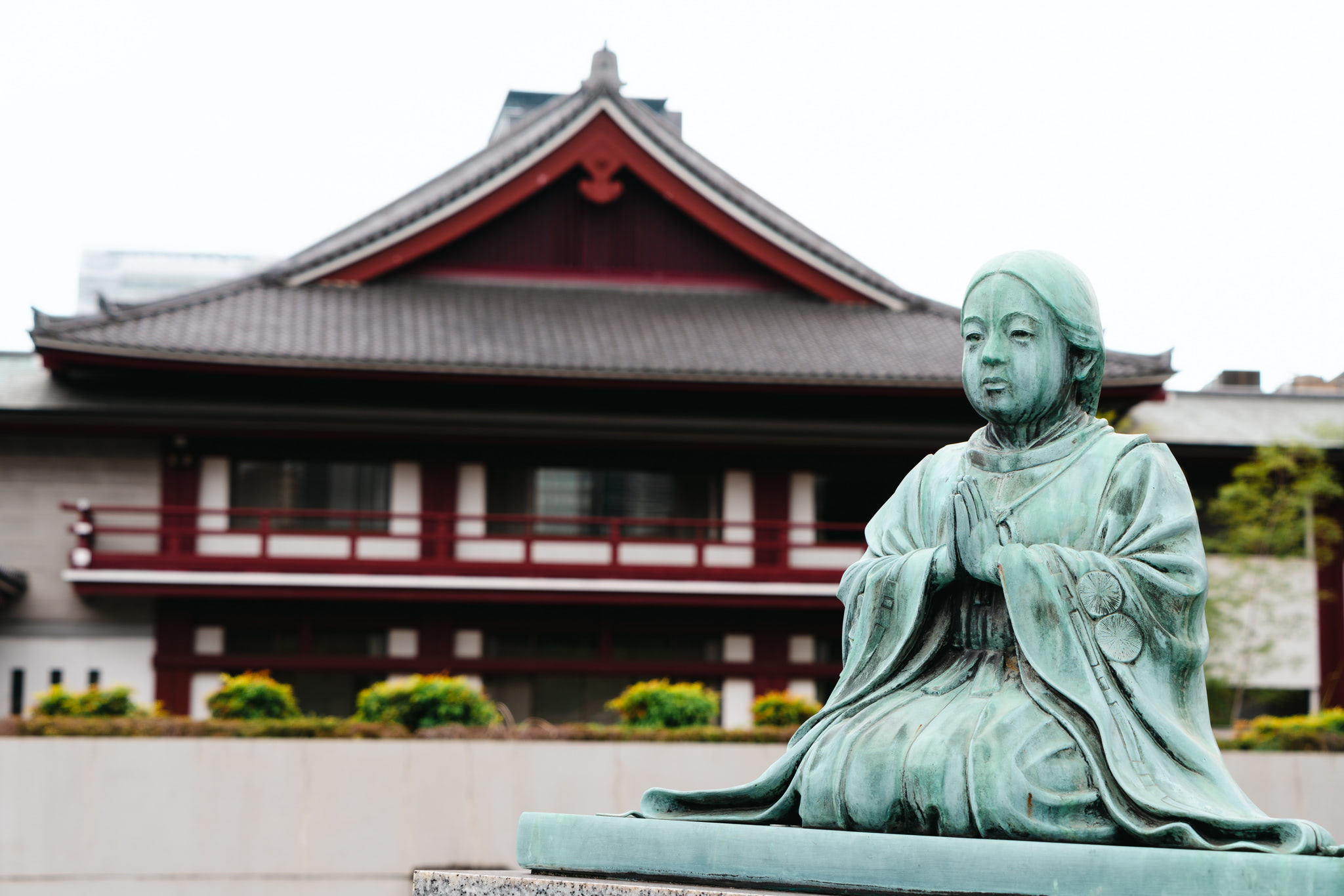日本 literally means “the sun’s origin”, is often translates to “land of the rising sun” and is an endonym. We know the country by the name it is known externally, Japan.
The island state lies in the Pacific Ocean and consists of 6,852 islands, where only 430 are inhabited. The four largest are Hokkaido, Shikoku, Kyushu and Honshu.
The last-mentioned is the most populous, more than 100 million people live there, and contains 34 of the 47 prefectures, including metropolitan Tokyo. With over 37 million inhabitants, the Tokyo metropolitan area is the most populous in the world.
Japanese cuisine has evolved over decades and contains many different dishes, many of which are based on rice. In traditional Japanese cuisines, white rice is usually combined with one or more main or side dishes. Like the rice, these are served on individual plates and bowls.
The most famous Japanese dishes, at least in this day and age, is sushi. Sushi contains besides rice an another important component of Japanese cuisine, seafood and fish, which is not surprising for an island state.
Every Japanese must have a first name and a last name, in most cases in Kanji. In the East Asian name system, the surname comes first and the first name follows.
In Japanese there are a myriad of different surnames. The three most common names are Satō (佐藤), Suzuki (鈴木) and Takahashi (高橋).
As in many other countries, you can only change your name with the permission of a court. A foreigner who takes Japanese citizenship usually gets a new first and last name in Katakana, which is based on his foreign name.

